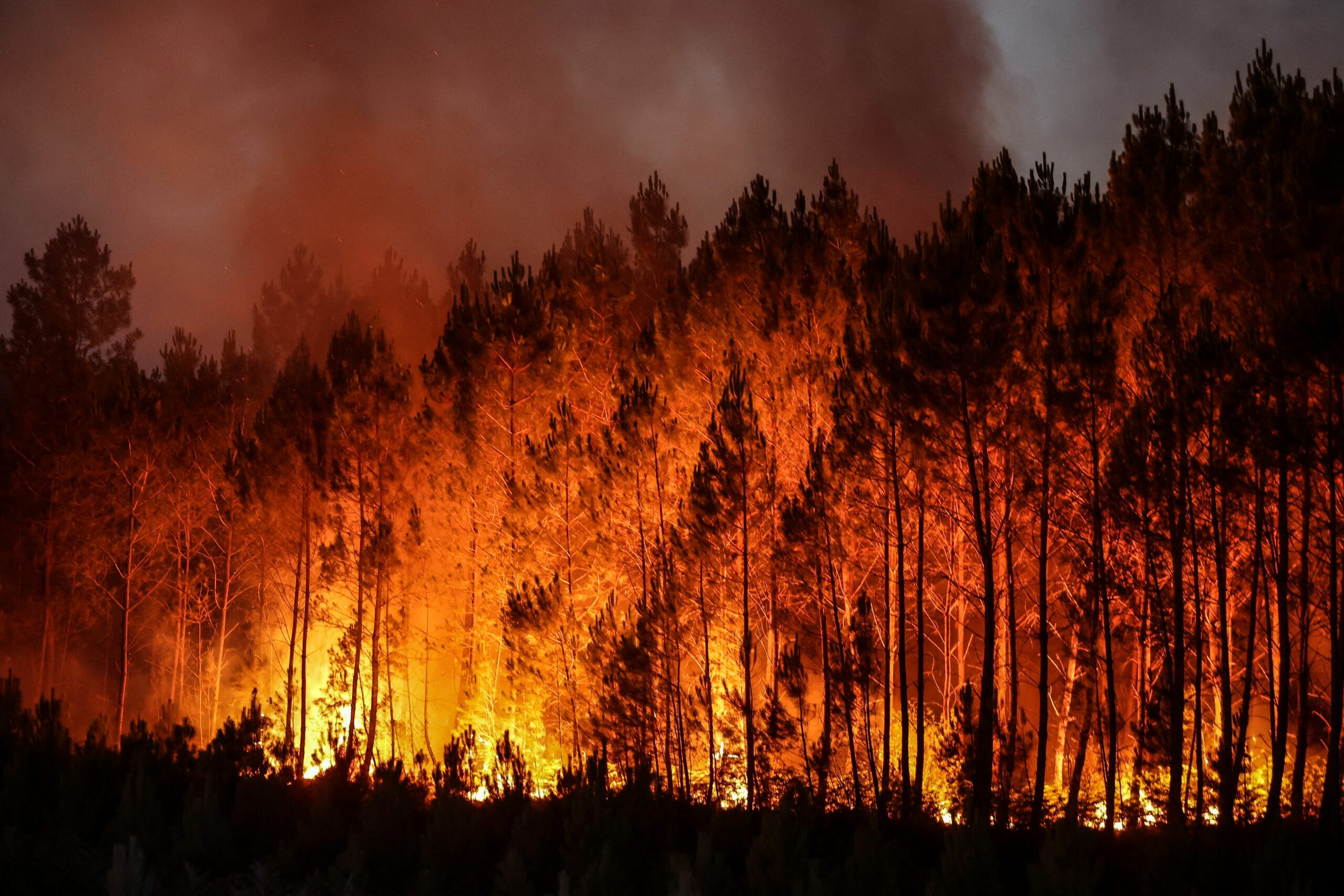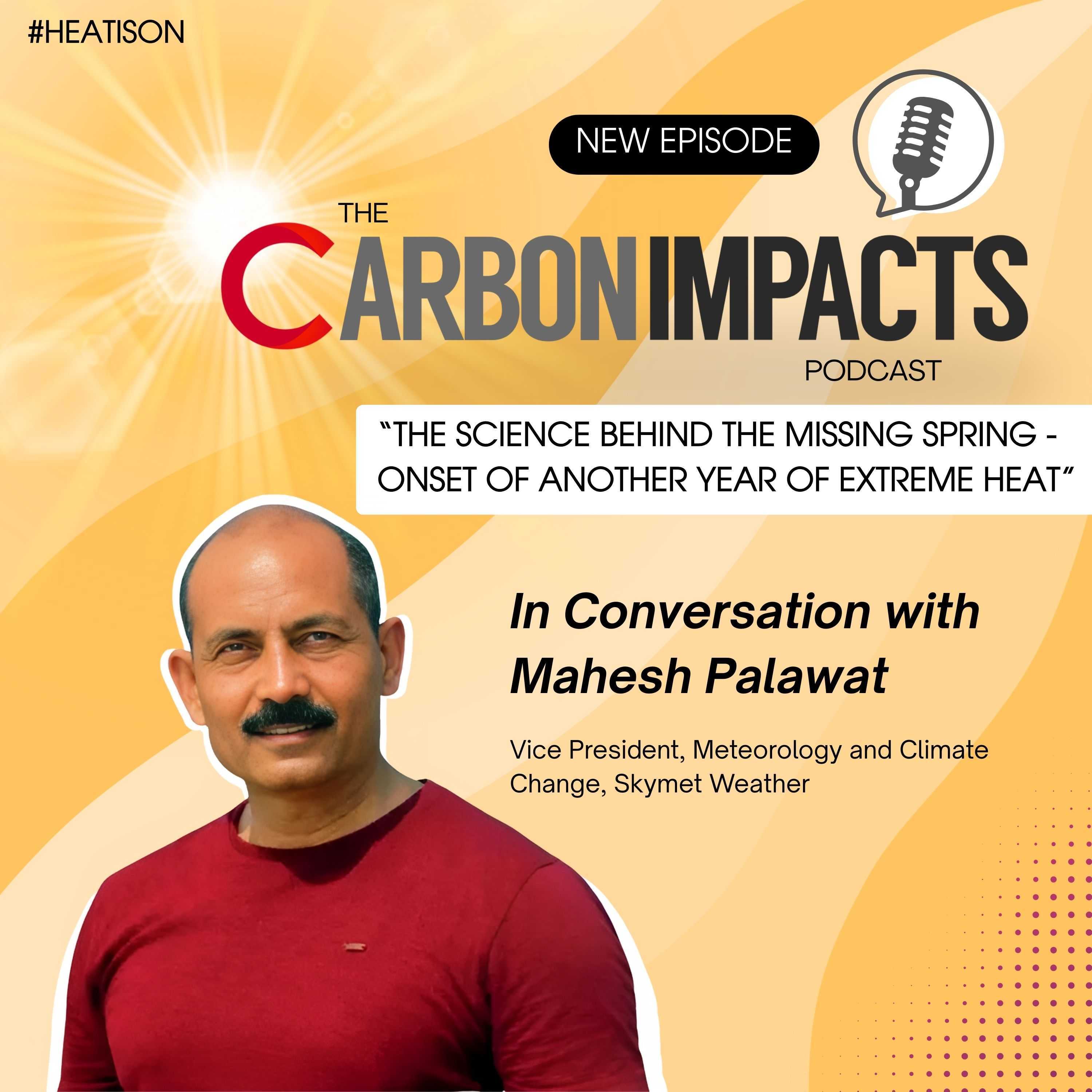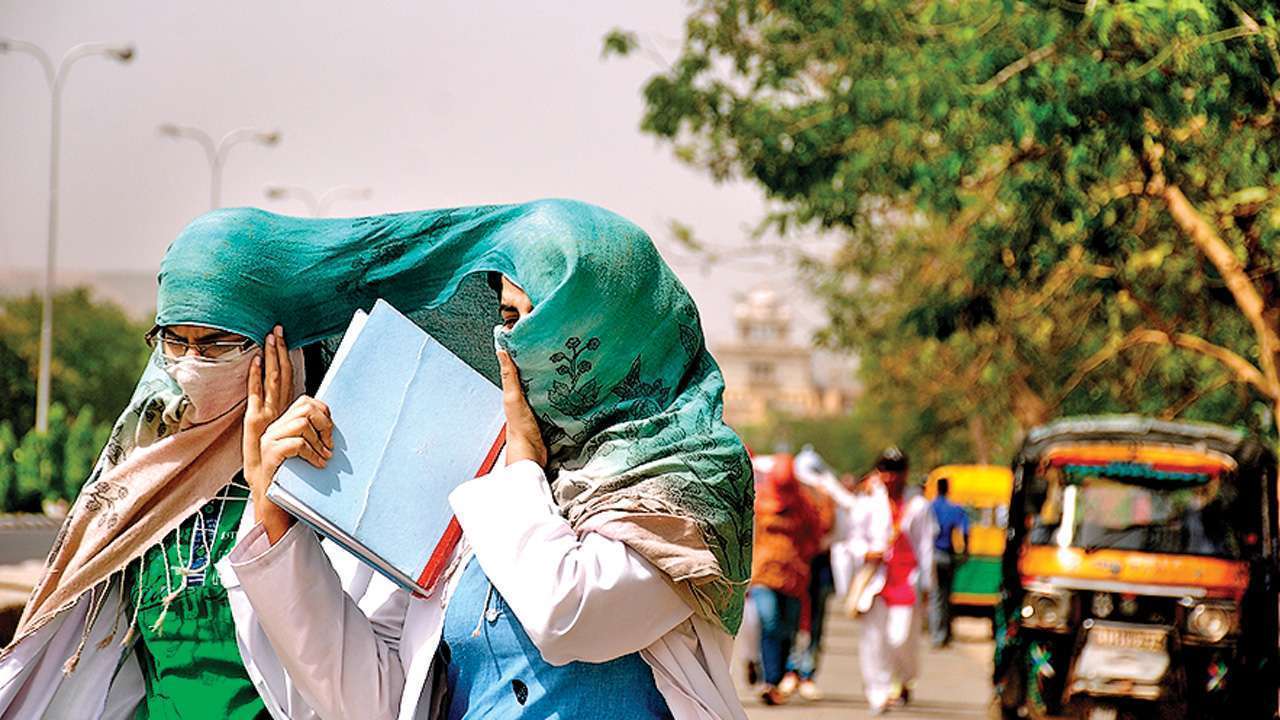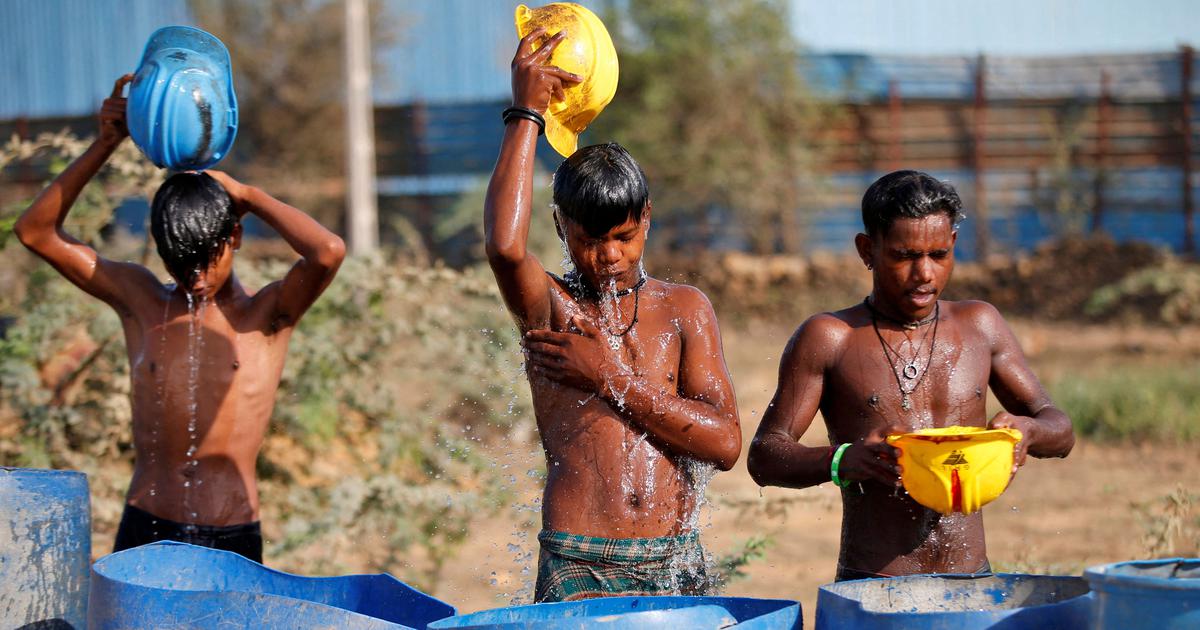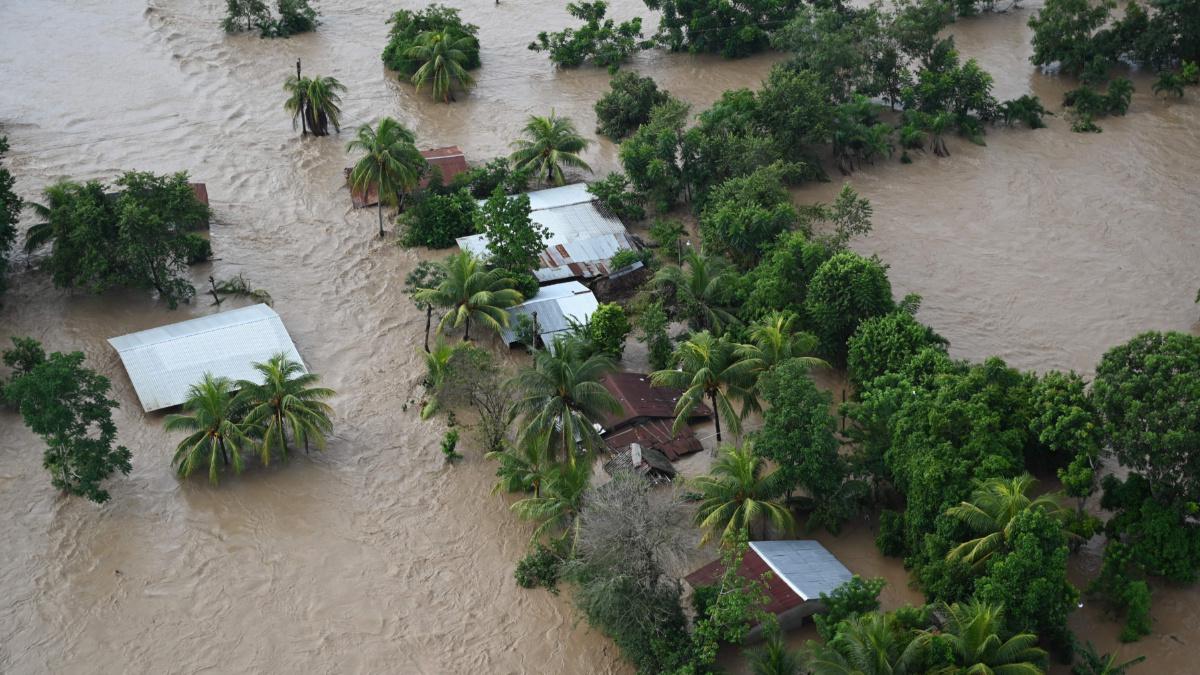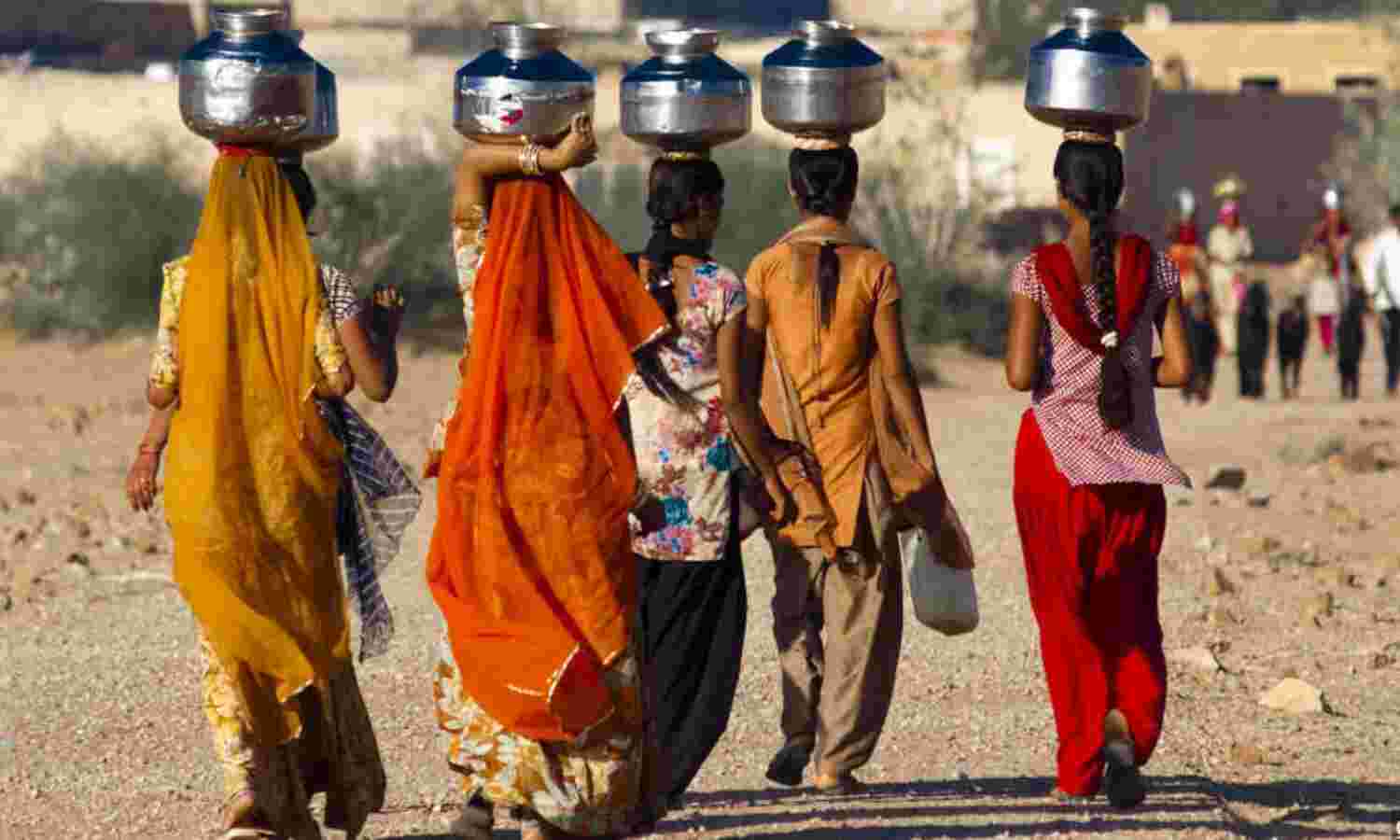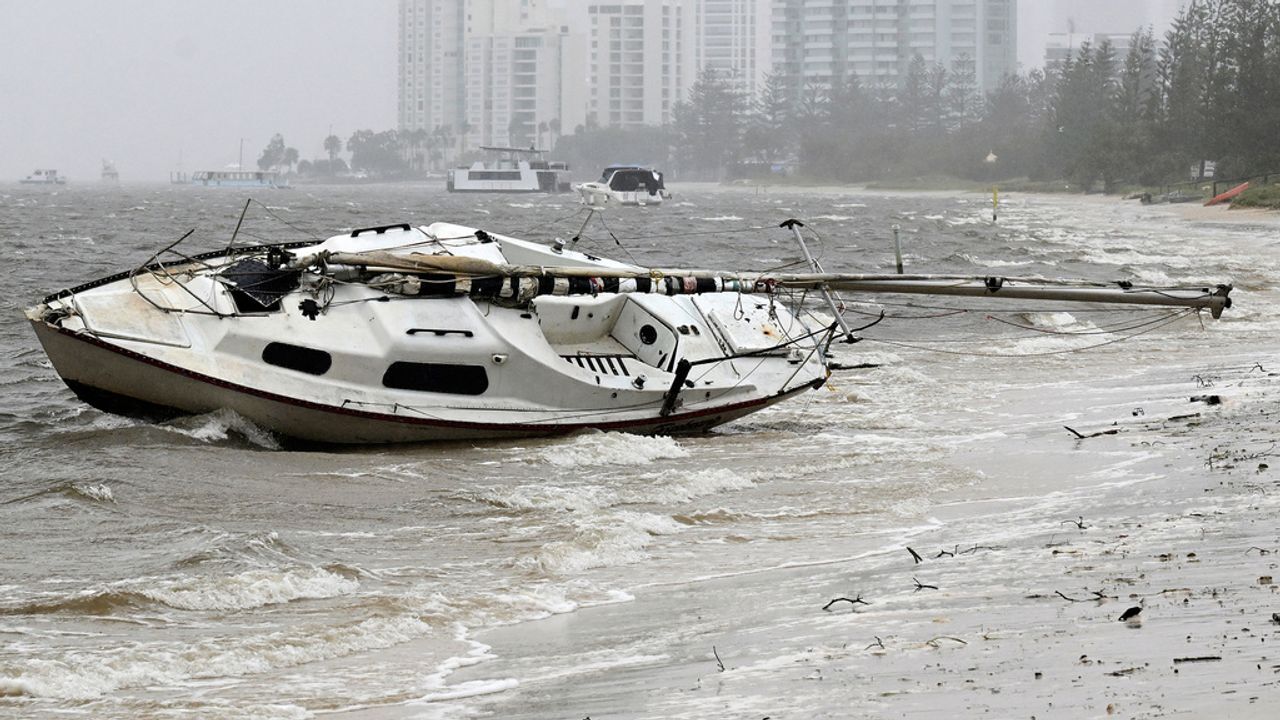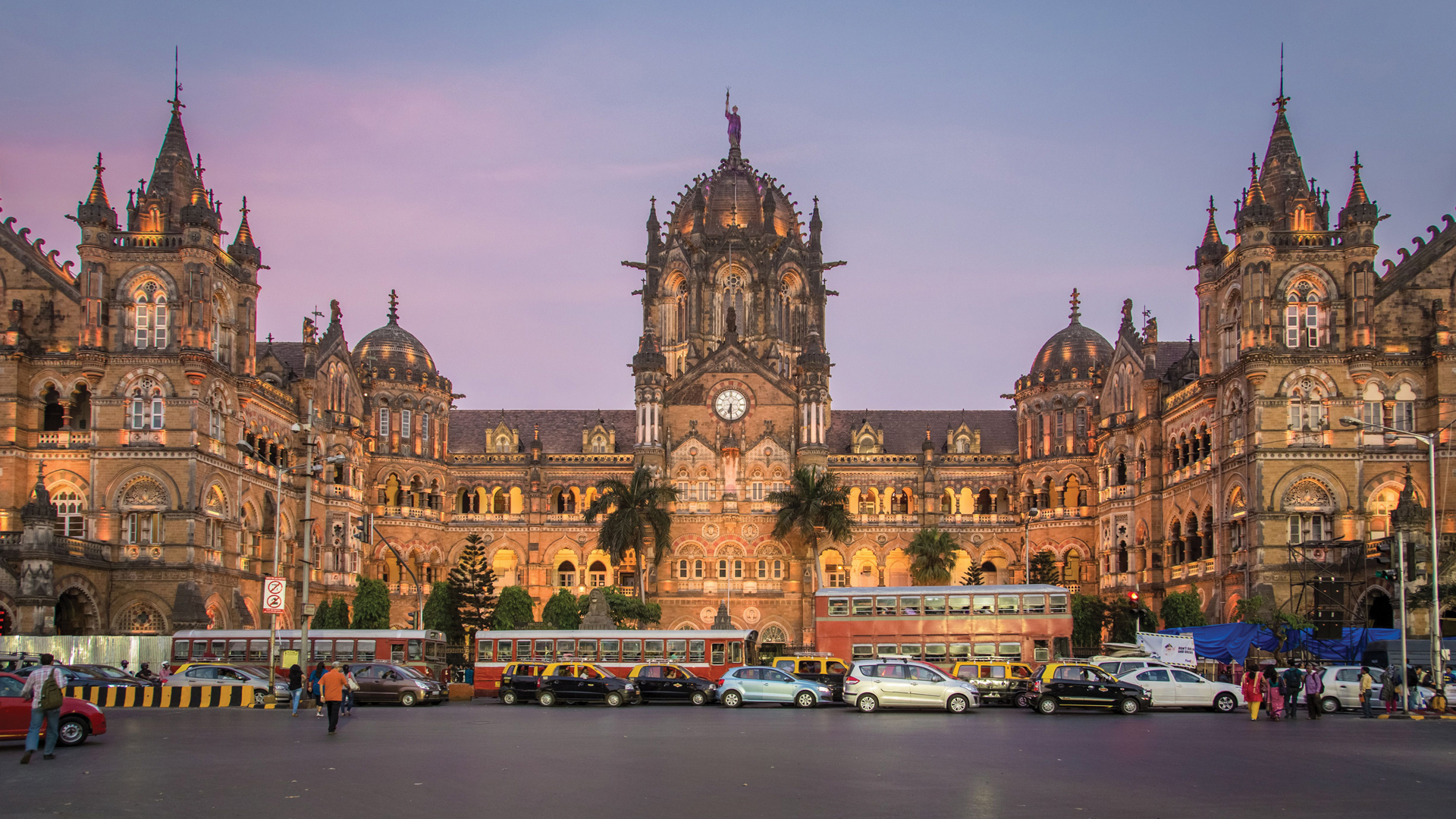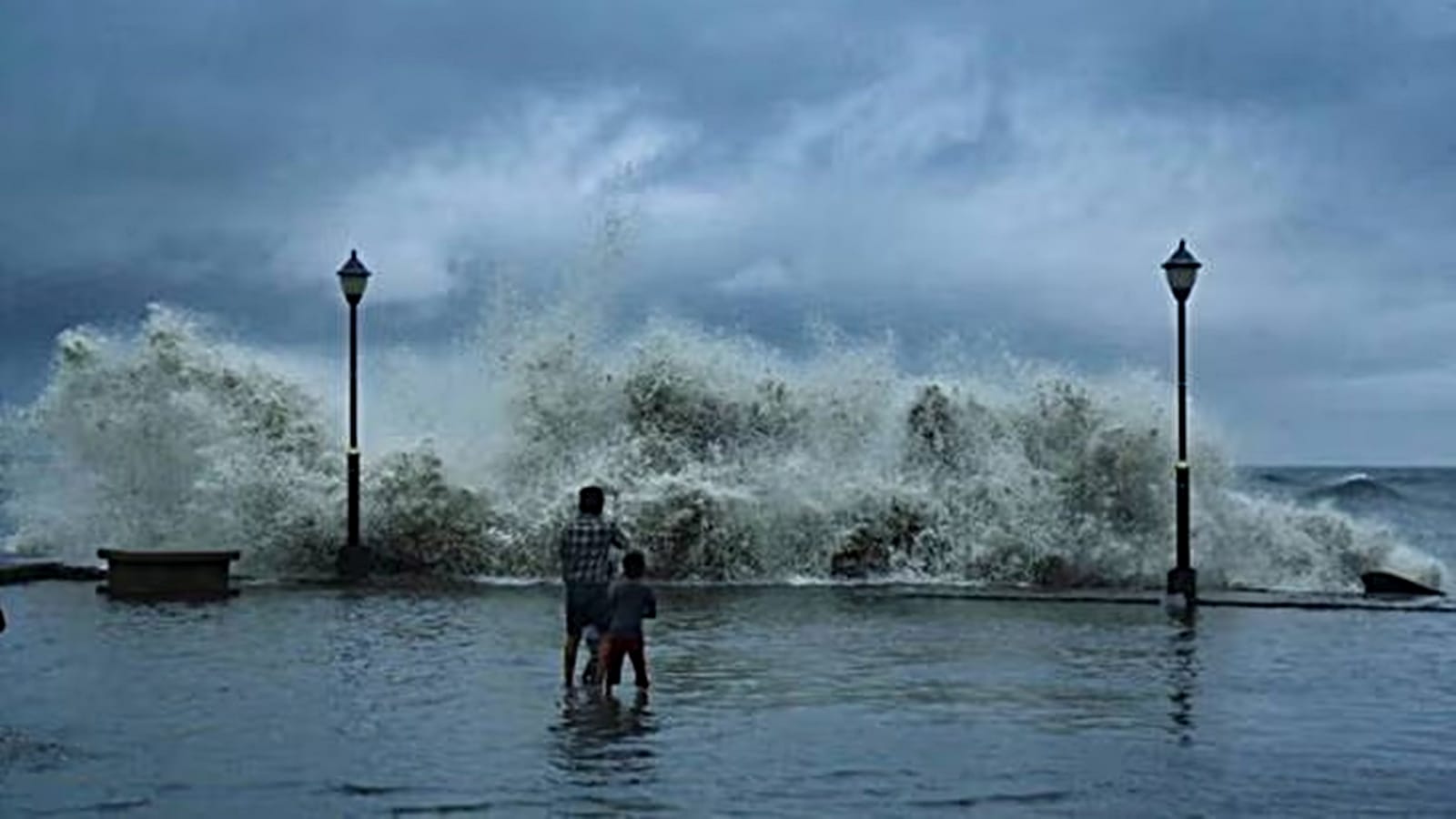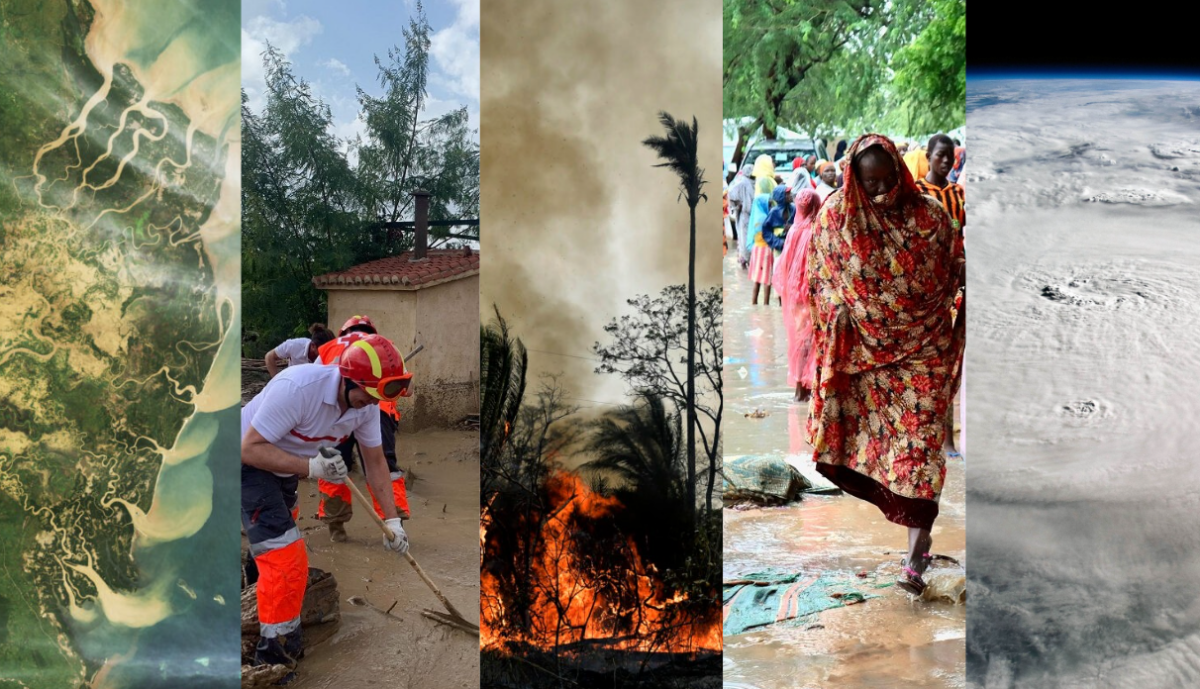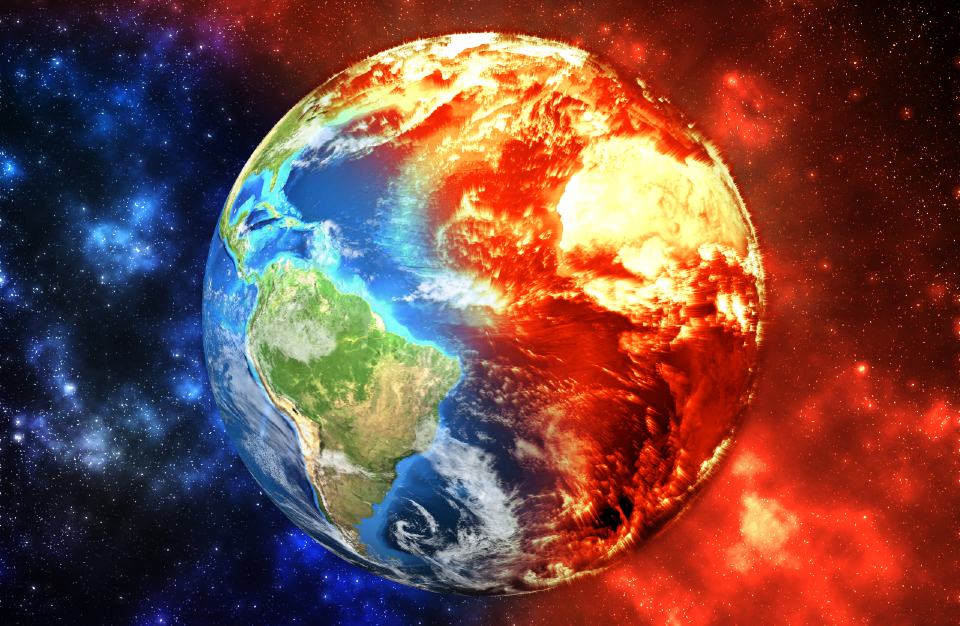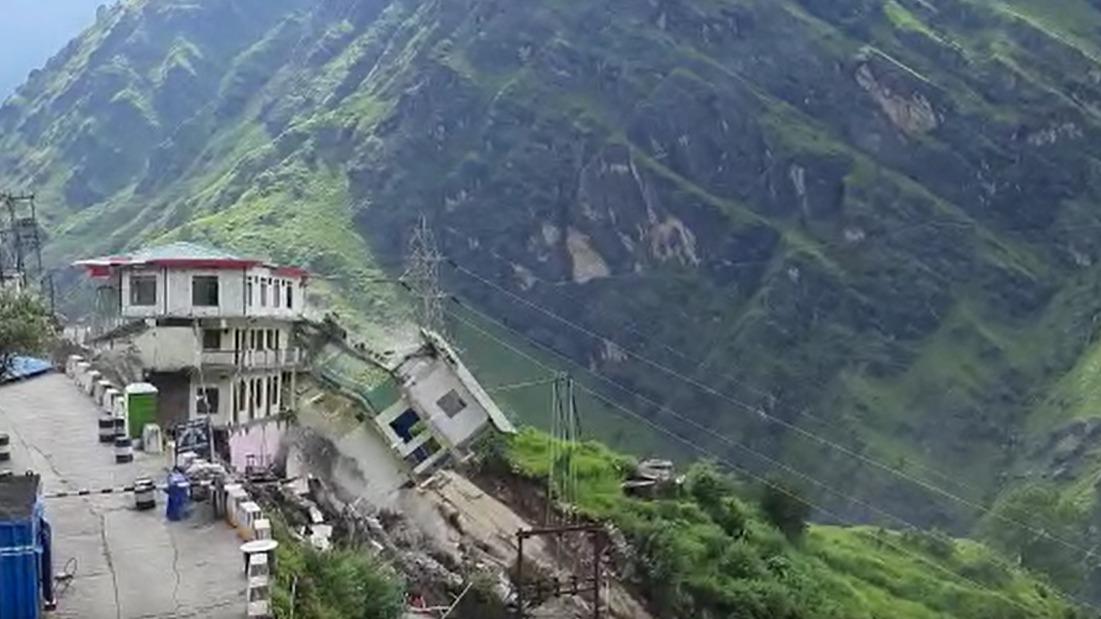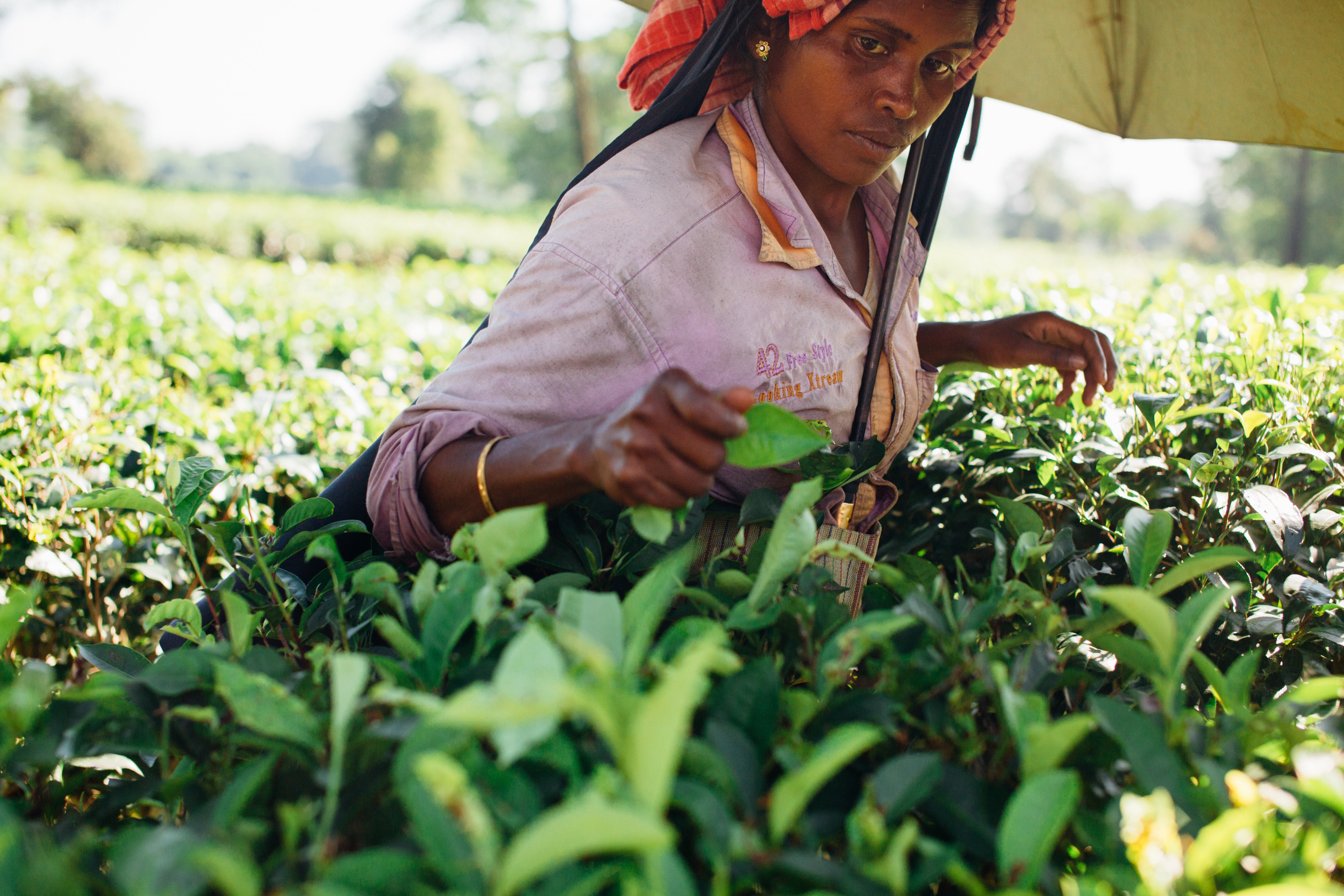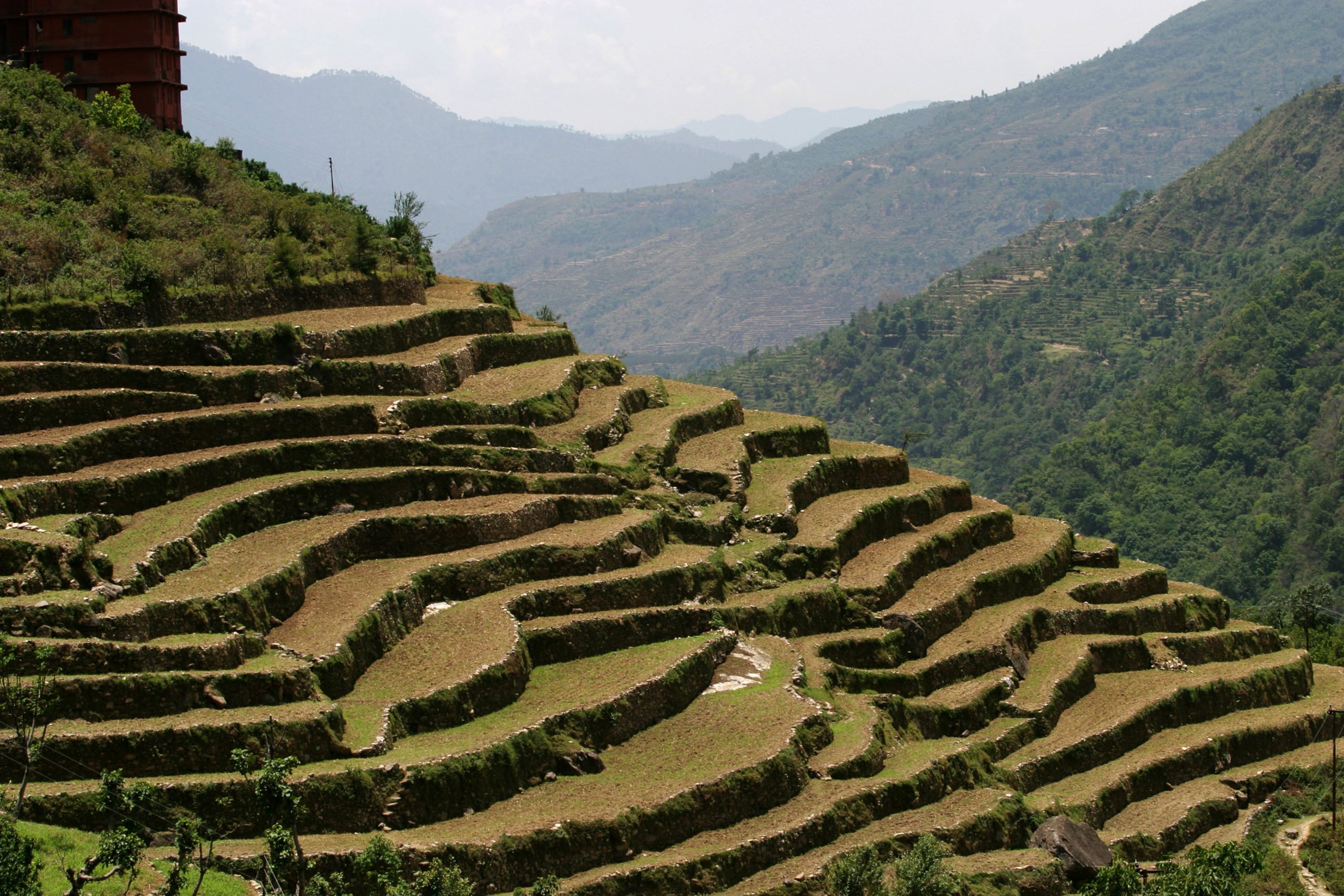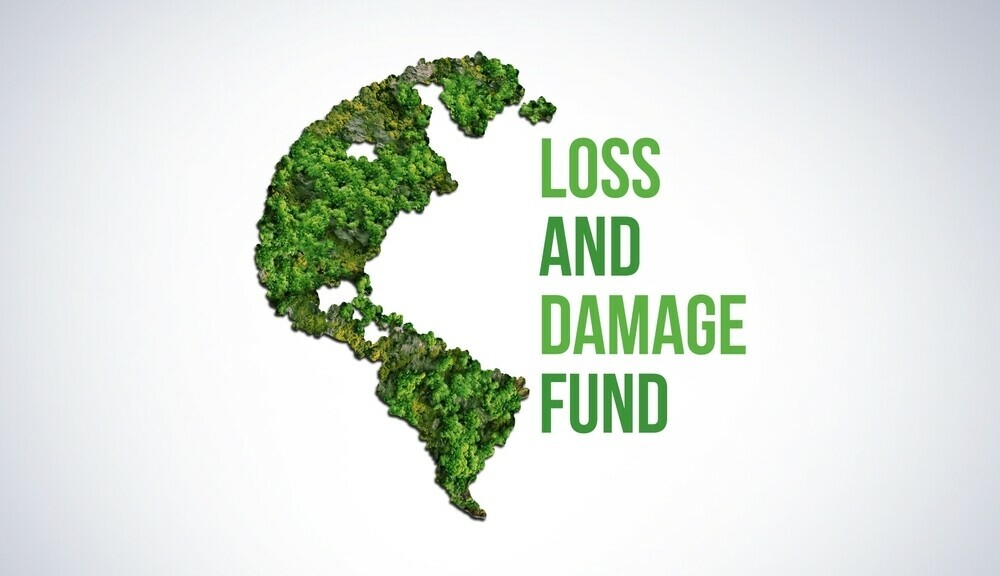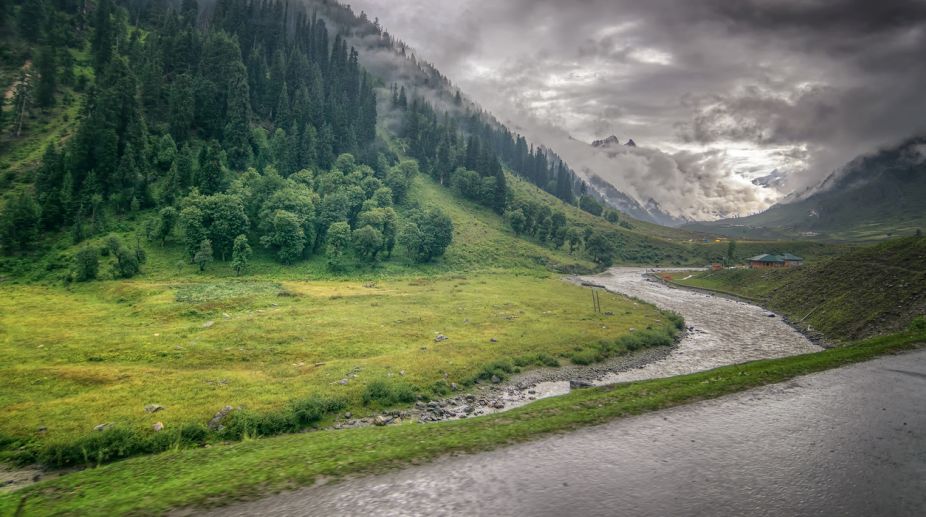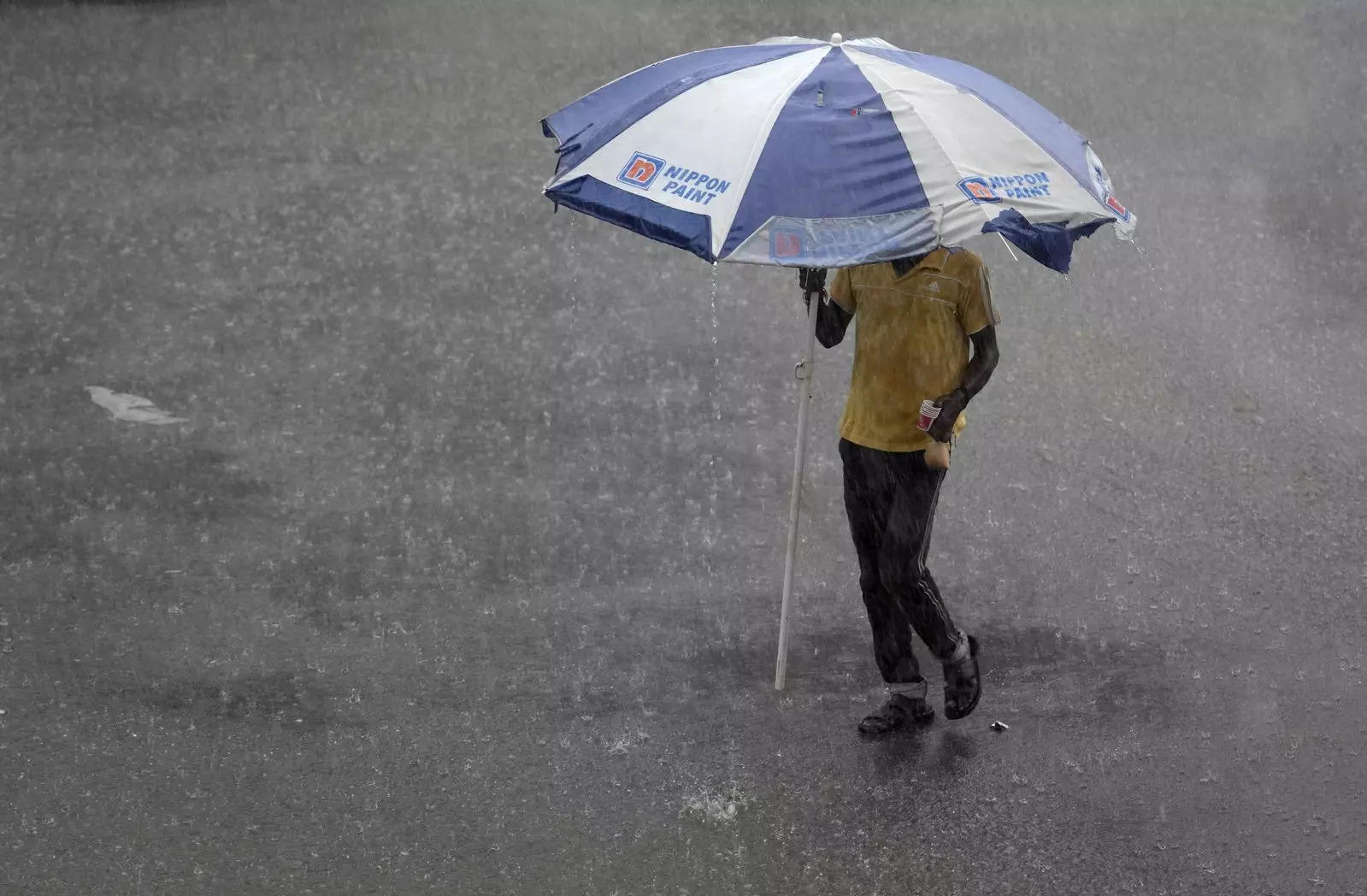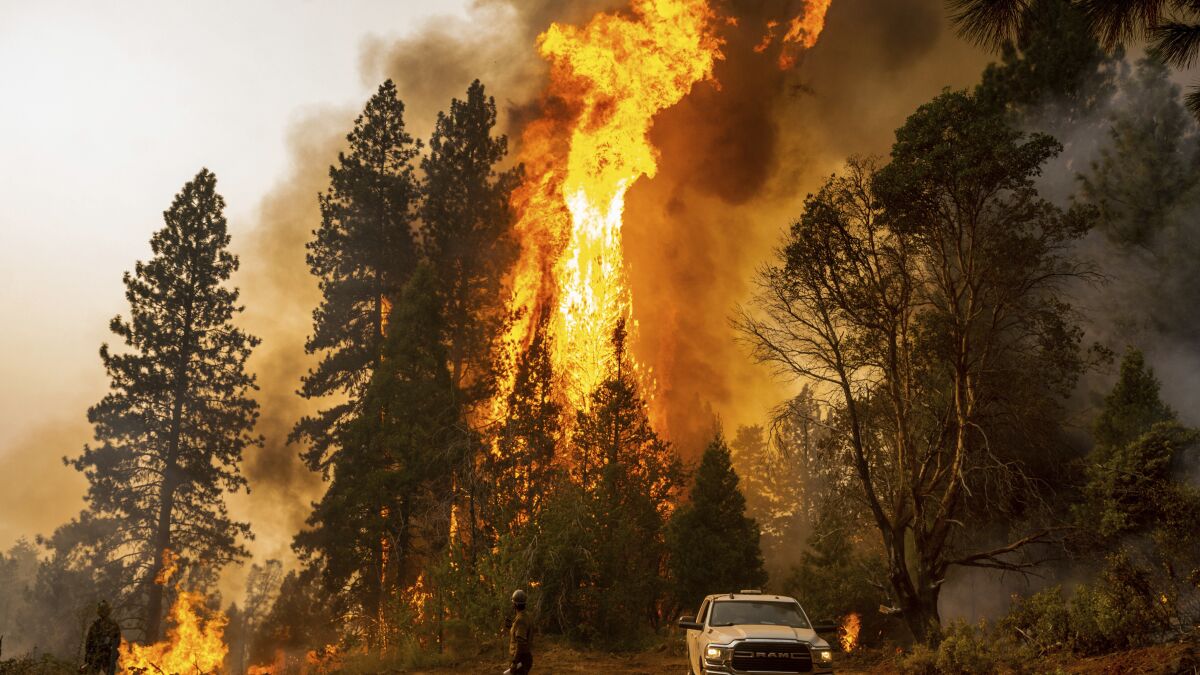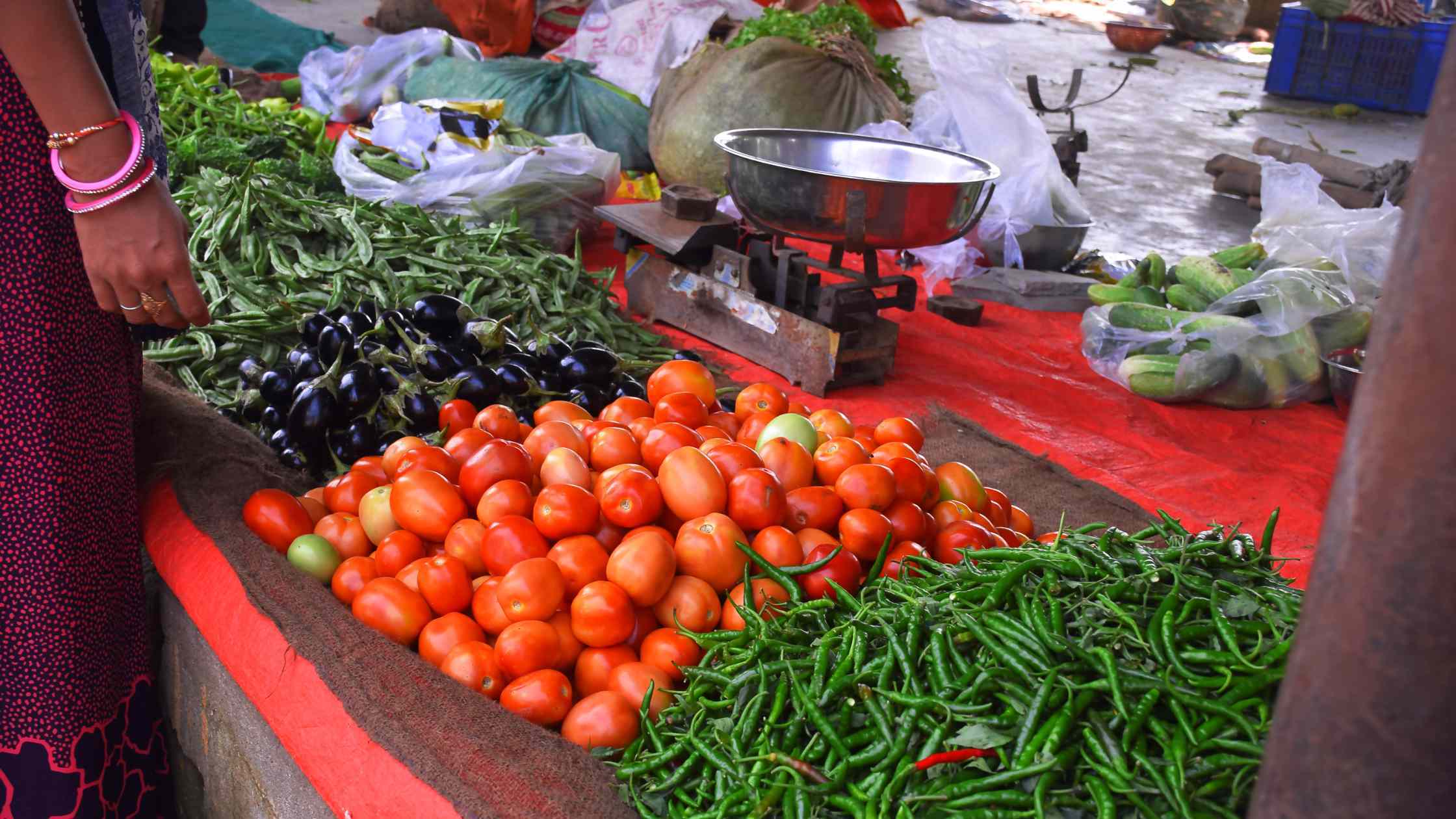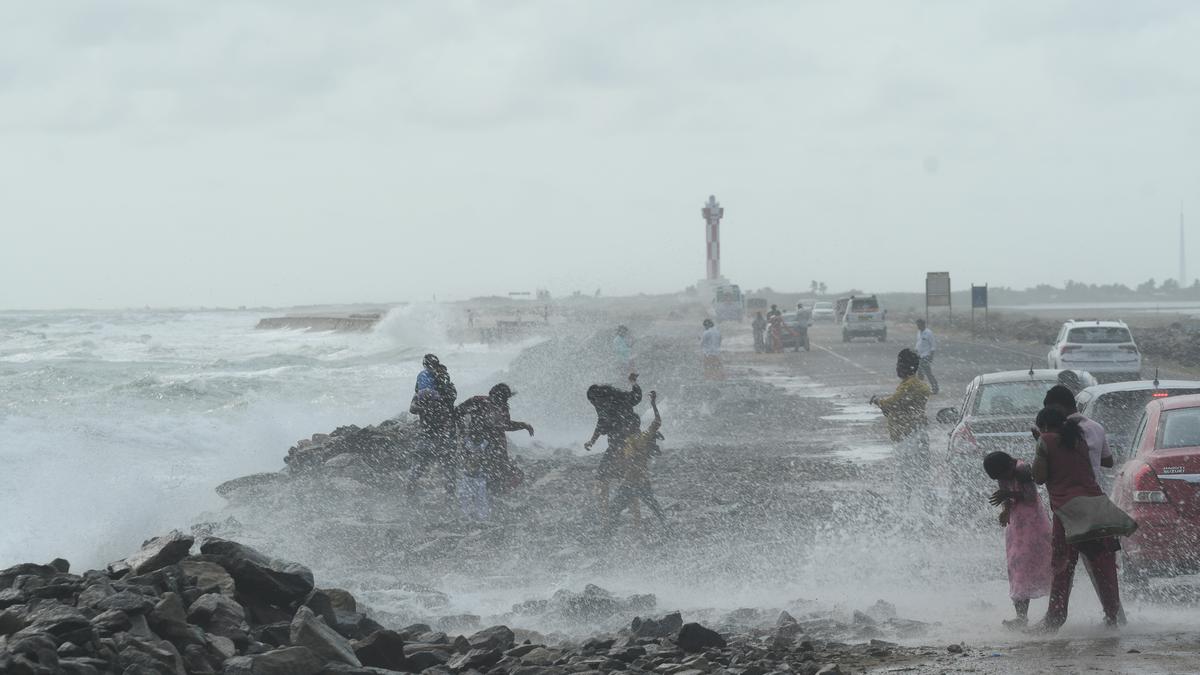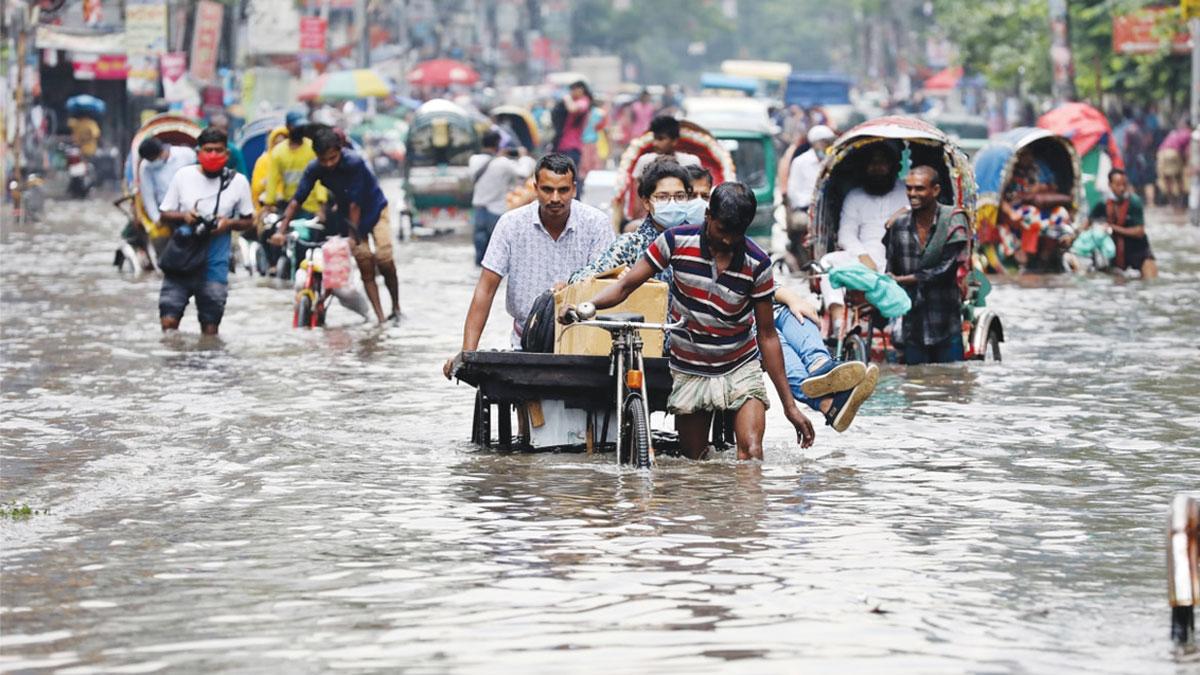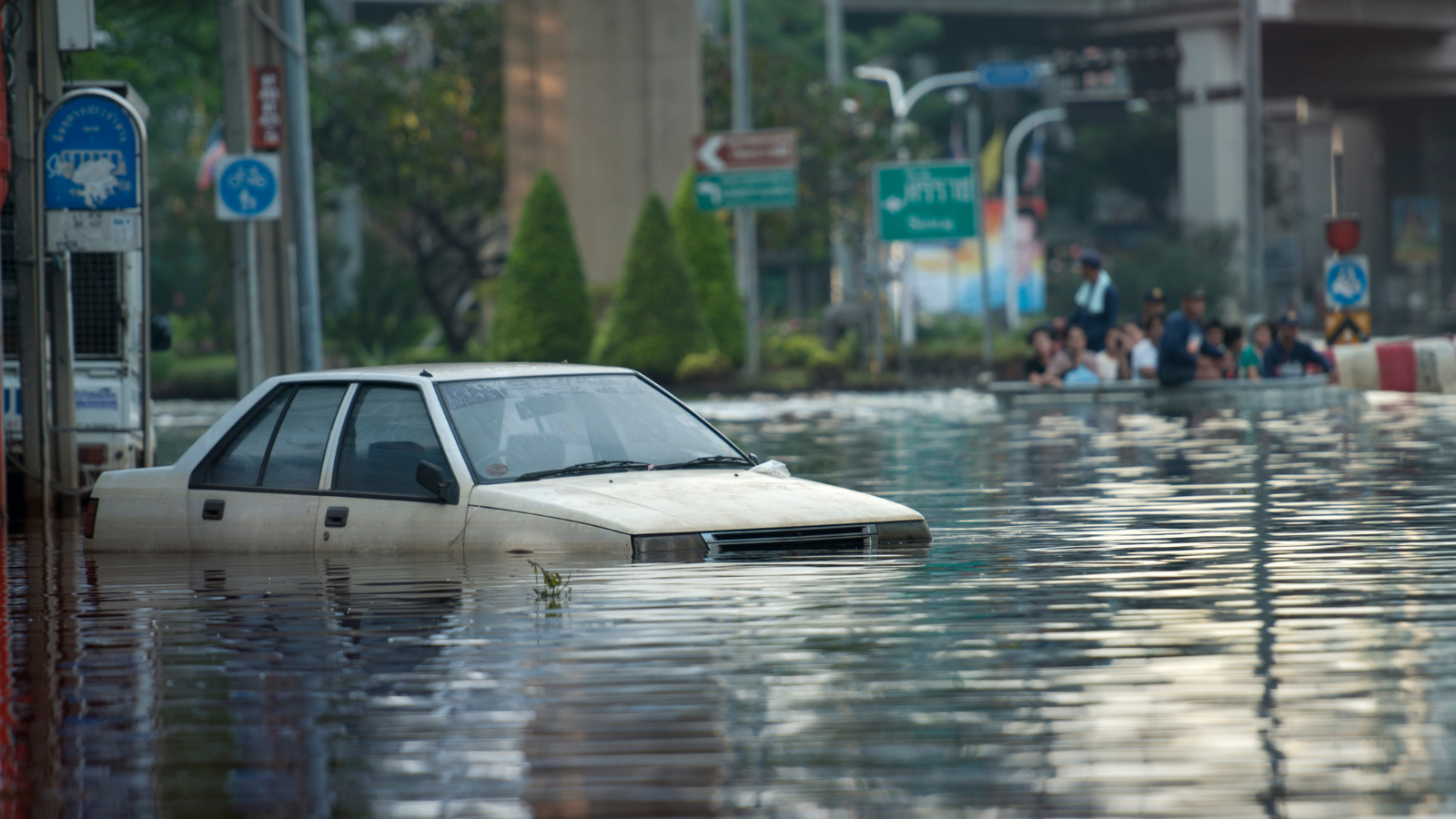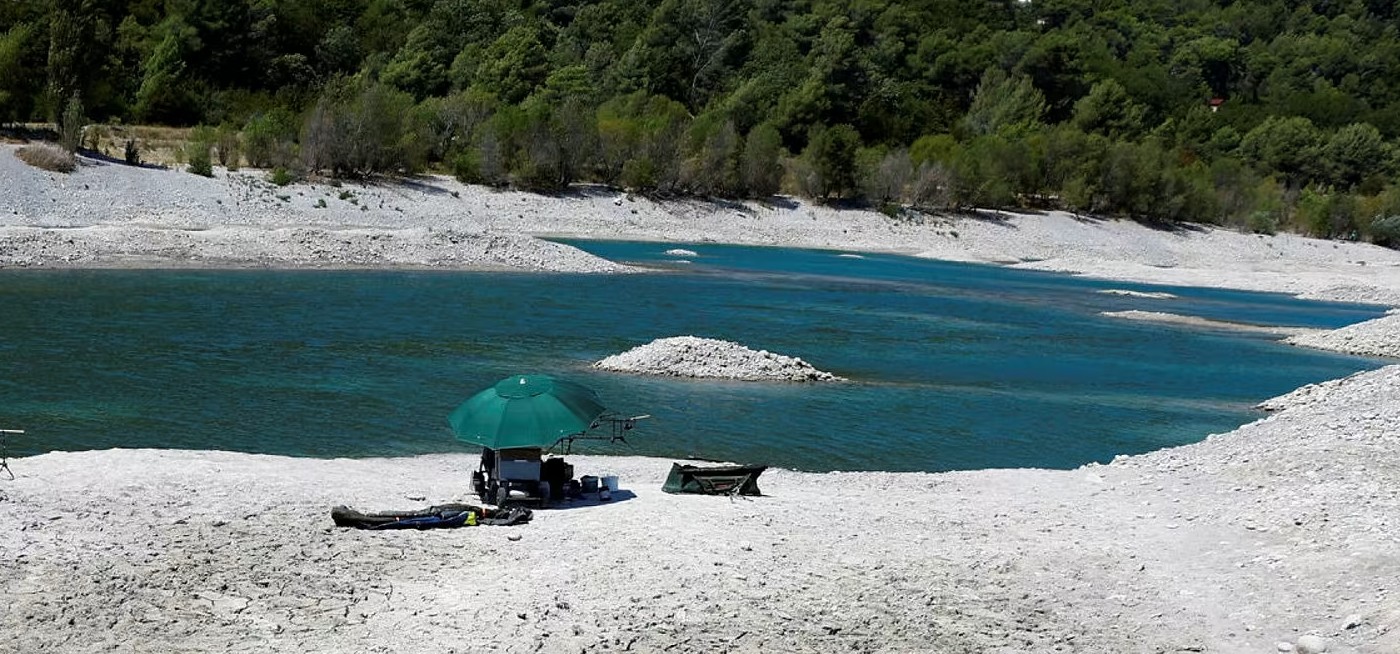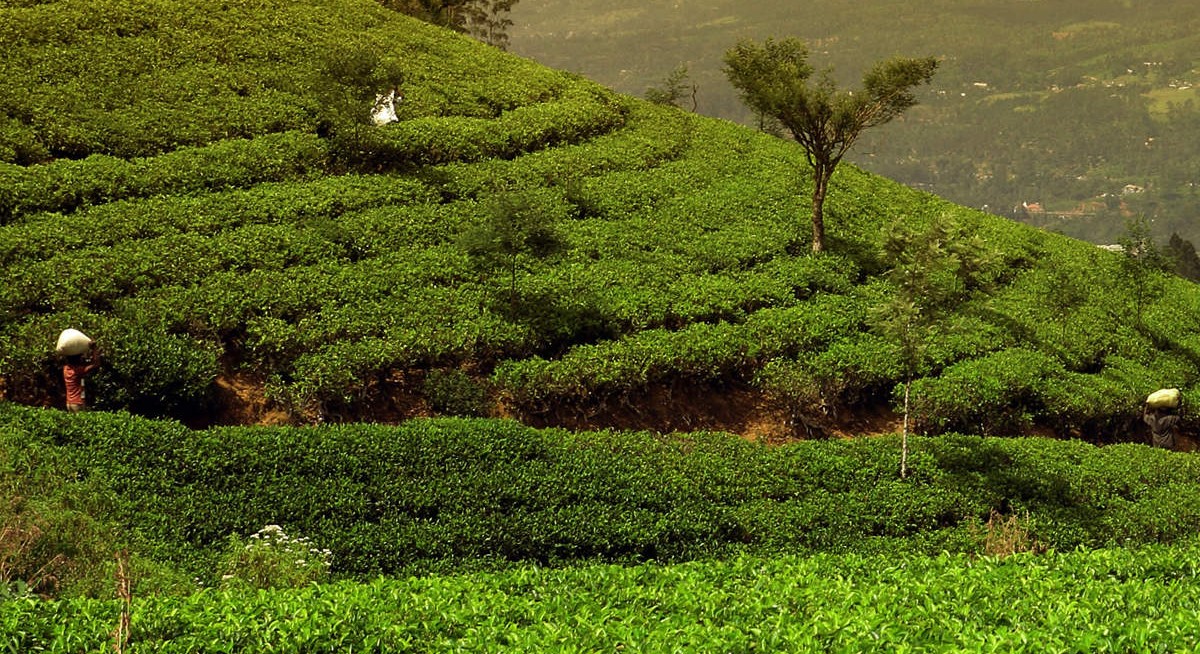# CLIMATE CHANGE
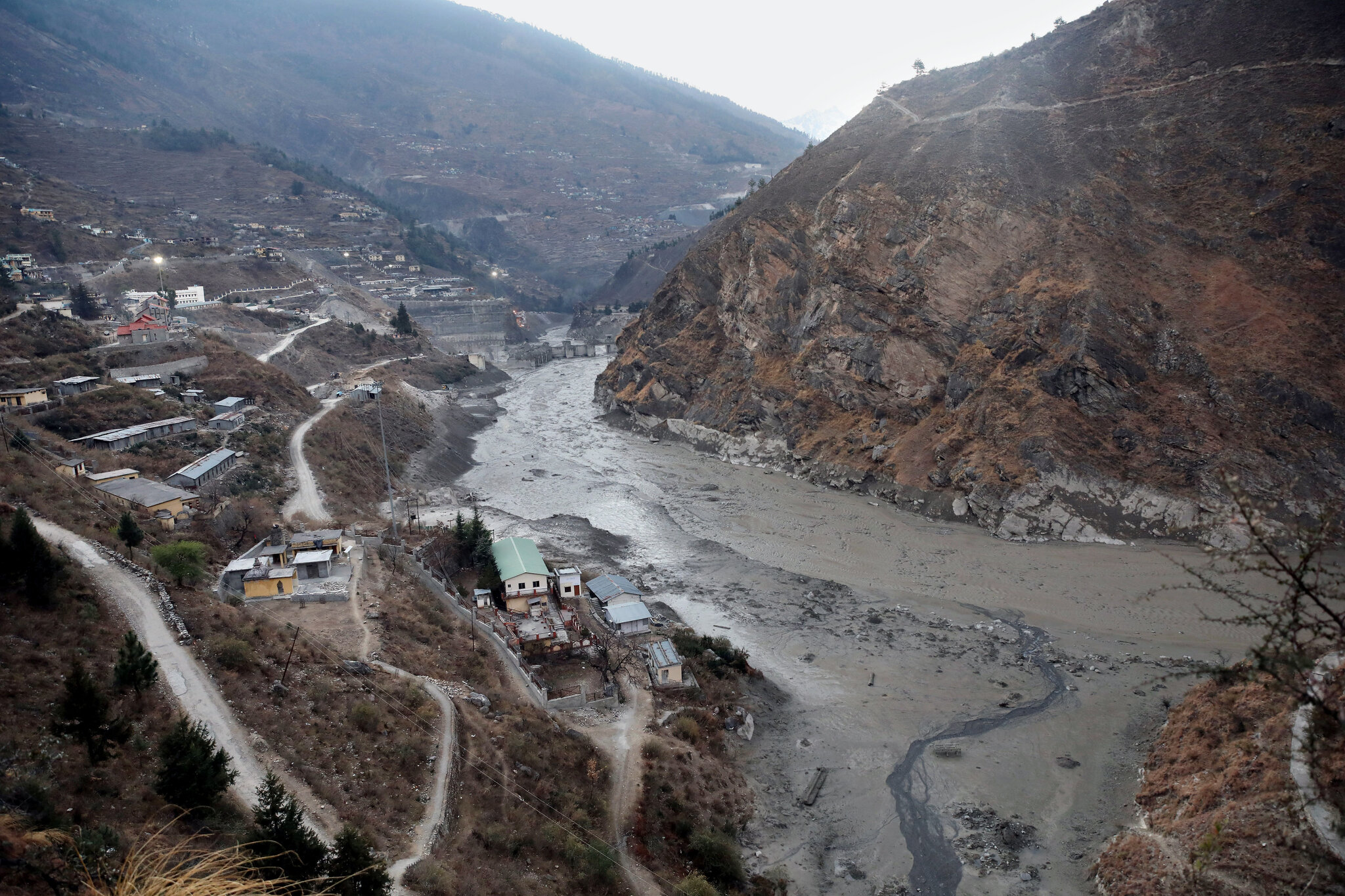
Rising Heat and Shifting Western Disturbances Fuel Extreme Weather in Himalayas
Changes in Western Disturbance frequency have shifted precipitation seasonality, with peak snowfall moving from the month of February to March by the end of the 21st century.
Kartiki Negi

Climate change exposes millions to life-threatening heat between December and February: Report
The new analysis by Climate Central reveals that human-induced climate change boosted temperatures and increased extreme heat across the globe over the past three months.
Editorial Desk

Escalating climate risks amidst widening global inequalities call for urgency of adaptation
The existing fund flows from the richer nations fall miserably short in meeting the adaptation needs of their less developed counterparts.
Editorial Team
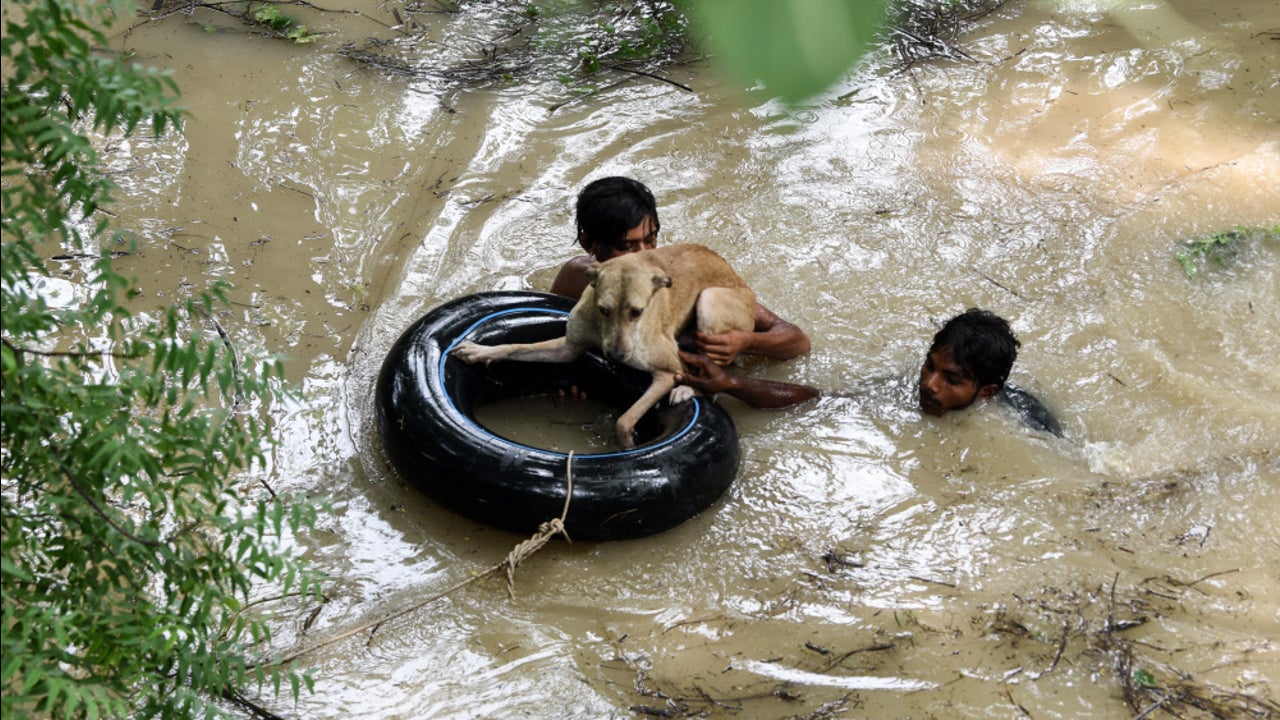
Extreme events in India claim eighty thousand lives and cost USD 180 bn in 30 years: Report
Climate Risk Index 2025 ranked India as the sixth most affected country in the world due climate change-triggered extreme weather events from 1993 to 2022, causing losses up to USD 180 billion and at least 80,000 fatalities.
Editorial Team

2025 records hottest January ever, India witnesses highest mean temperature despite La Nina
Record spike in mercury shows how climate change has overwhelmed the global oceanic phenomenon of La Nina which is known for its cooling effect on global temperatures
Editorial Desk

India ranks seventh most vulnerable country to climate change: Economic Survey
The Survey stated ‘developing countries such as India need to undertake climate adaptation on an urgent footing as this has a direct impact on lives, livelihoods and the economy'.
Editorial Team

Climate Emergency: 2025 designated as the International Year of Glaciers
Due to the rapid melting of glaciers in World Heritage sites, one-third glaciers of the 50 UNESCO World Heritage Glaciers are likely to disappear by 2050, regardless of efforts to limit the temperature increase.
Editorial Team
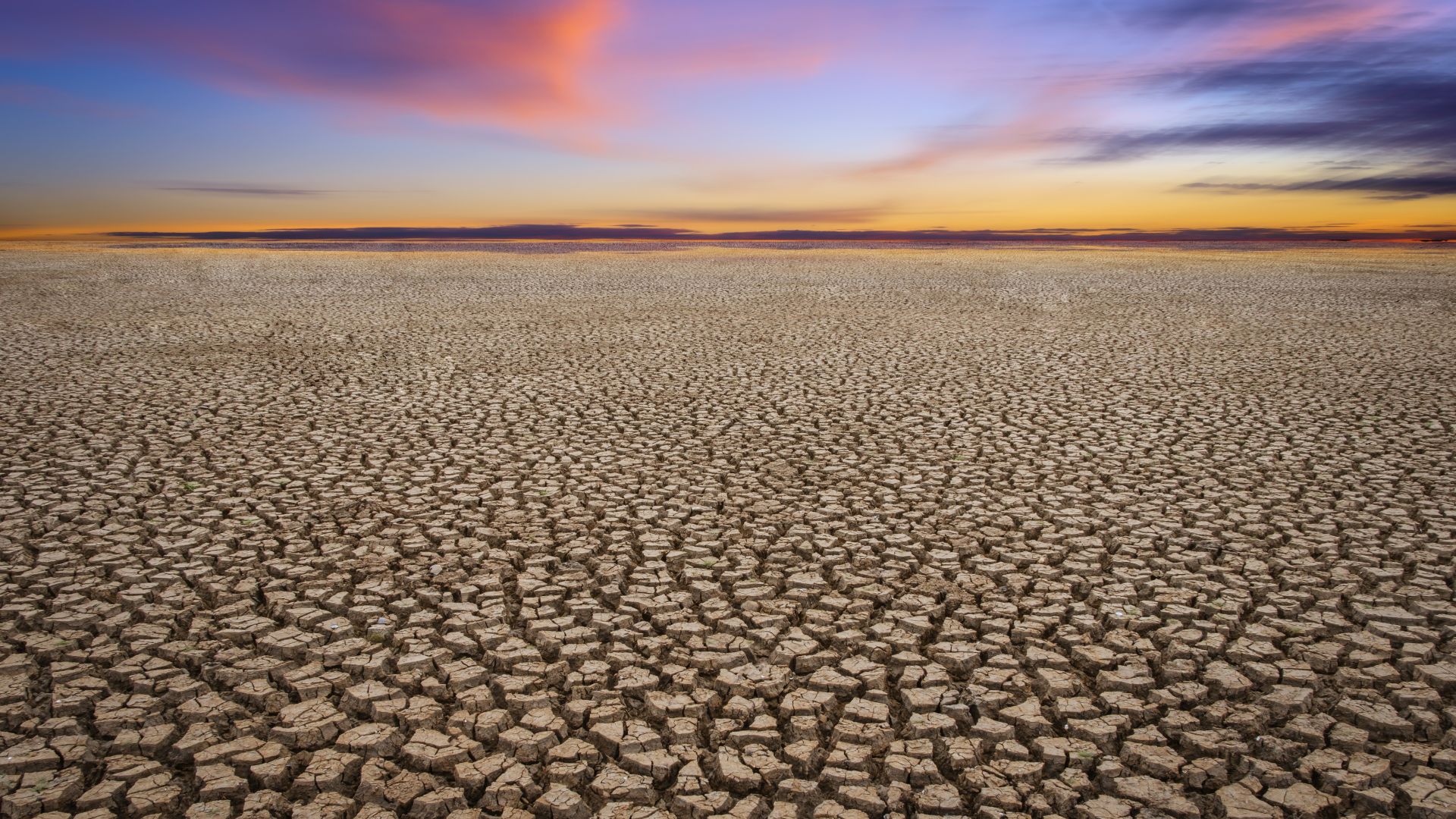
2024: The warmest year in the history, first to breach 1.5 degrees threshold
2024 is declared as the warmest year on record globally, and the first calendar year that the average global temperature exceeded 1.5°C above its pre-industrial level.
Editorial Team

2024 is India's hottest year on record as climate change drives temperature surge
2024 has been the hottest year for India since 1901, declared India Meteorological Department. The annual mean temperature was recorded at 25.75°C which was 0.65°C above the long-term average (1991-2020 period).
Editorial Team

Water, water, everywhere, not a drop to drink: Climate Change & India’s Water Stress
India is on the brink of a water crisis that could reshape life as we know it. Just as water makes up about 70% of our bodies, it’s also the lifeblood of our entire ecosystem and economy. Every aspect of our life depends on this critical resource that is under grave stress.
Ojas Khurana

Wayanad Floods: Insights from a Climate Change Perspective
Triggered by intense monsoon rains, the region faced devastating landslides that resulted in over 100 fatalities. Experts attribute the increasing frequency of such disasters to climate change, unplanned development, and the unique geographical features of the Western Ghats, which amplify rainfall effects
Kartiki Negi
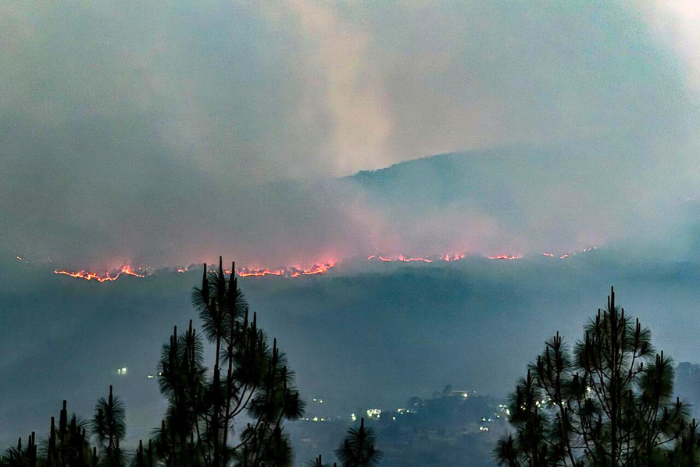
Is pine the real ‘villain’ in the Uttarakhand forest fire saga?
Even as the Uttarakhand govt blames the rapidly growing presence of pine for the uncontrolled forest fires in the region, the absence of fire lines, inadequate forest staff, climate-induced dry weather and inadequate rainfall also need to be acknowledged in order to find a sustainable solution to the issue, say experts
Hridayesh Joshi

Sleepless Nights: Climate change triggers warmer nights in India
As India continues to suffer a severe heatwave, new analysis shows that climate change added approximately 50 to 80 nights each year where the temperature exceeded 25°C, with serious impacts on sleep and health.
Kartiki Negi

Brought to a Boil: The Climate Crisis of the Indian Ocean
The Indian Ocean is heating up rapidly due to climate change. This has extreme consequences for marine ecosystems, coastal communities, and more. Surrounded by 40 nations and encompassing a third of the world's population, the Indian Ocean region plays a crucial role in global climate dynamics.
Ojas Khurana
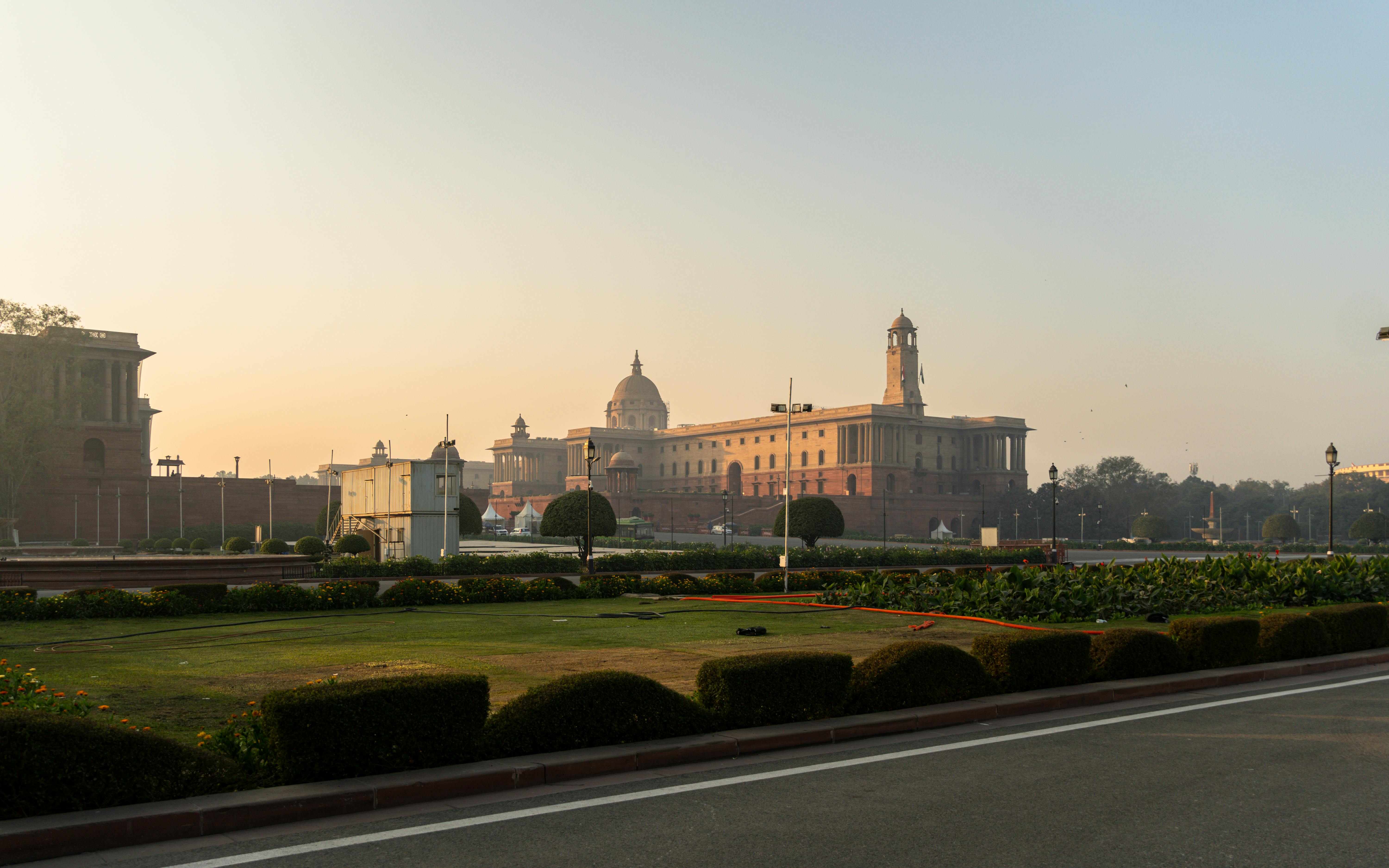
Will Climate Change allow India to hold another summer elections?
The voting is taking place in seven phases between April 19 and June 1 where nearly 97 crores people are expected to exercise their voting rights. As Elections enter the key phase at the beginning of May, the temperatures have also started peaking.
Editorial Team

2024 General Elections: Opportunity to advance sustainable and resilient agri-food transition
Scientific studies reveal that erratic climate patterns are severely diminishing crop yields in India, threatening farmers' livelihoods and the nation's nutritional security, urging a shift towards a sustainable and equitable agricultural system.
Roopam Shukla
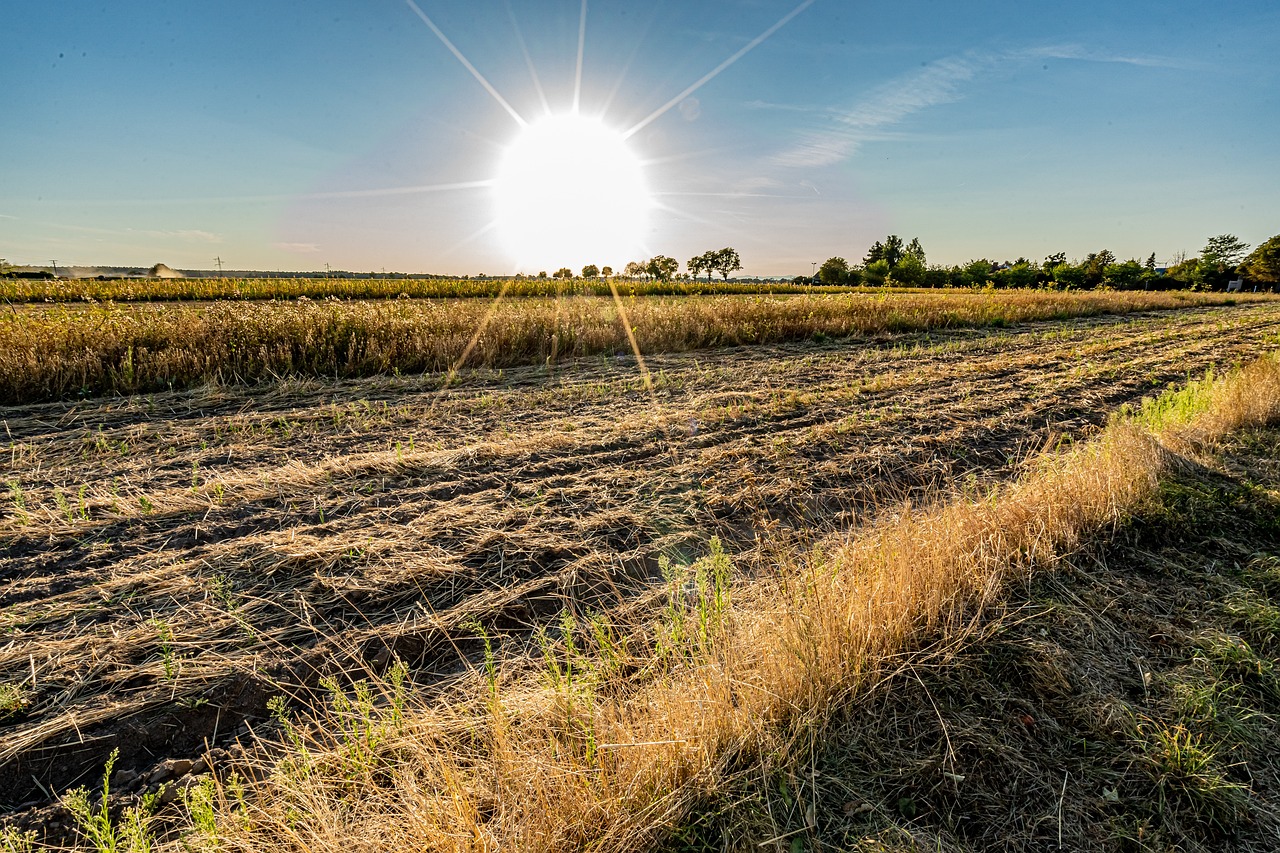
How To Better Adapt To Heatwaves In This Warming World
A recent study highlighted the impact of heatwaves on public health, agriculture, and other socio-economic and cultural systems that can hinder or reverse the country’s progress in fulfilling sustainable development goals (SDGs)
Editorial Team

Premature blooming alters buransh flower benefits
Amidst the treasures of Uttarakhand is its state tree flower, the Buransh, scientifically known as Rhododendron. Climate change is causing warmer and shorter winters which has ultimately led to the untimely flowering of the famous flower.
Editorial Team

El Nino, Global Warming: South India may be hit by early and intense heatwaves
Early and intense heatwaves may hit the southern part of the county as it falls in the region under combined impact of heightened temperatures exacerbated by global warming and ongoing El Nino in the Pacific Ocean
Editorial Team
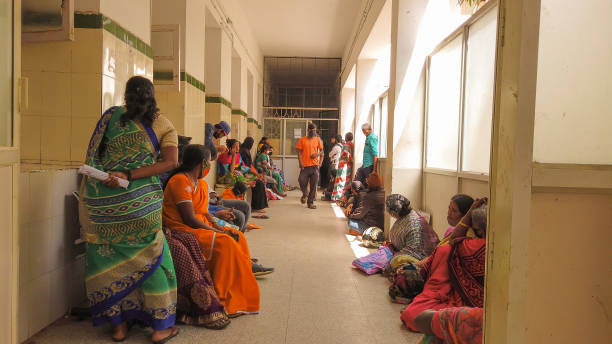
Climate change puts one of every 10 Indian hospitals at risk of fully or partially shut down: Study
According to a report, 2700 of the country’s 53,473 hospitals are already at high risk of partial or complete shutdown from extreme weather events.
Editorital Team

Developing nations will struggle to improve living standards while curbing emissions: Study
A new study revealed that emerging economies would face challenges in improving their living standards while stabilising their carbon dioxide (CO2) emissions in a bid to meet net-zero goals.
Editorial Desk
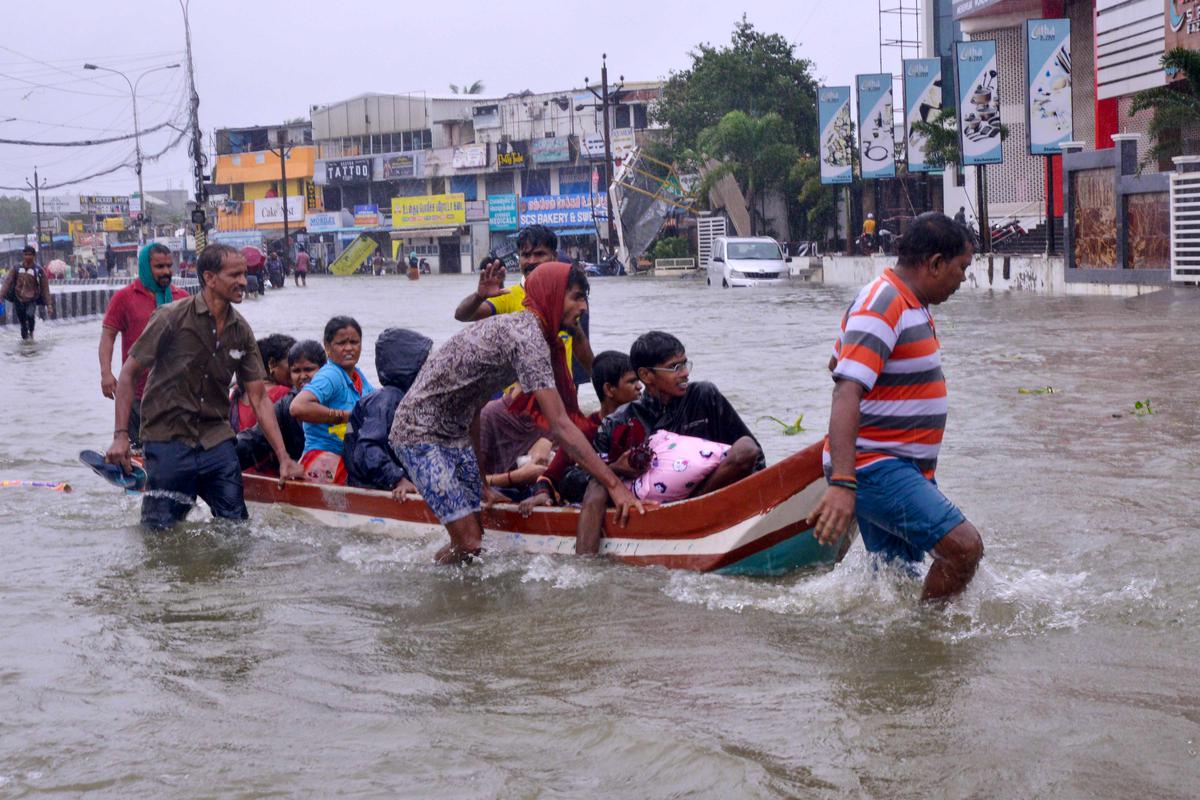
Cyclone Michuang batters South India, a stark reminder of climate change impacts
The warming oceans along with the El Nino phenomenon and other two important oceanic phenomena, the Indian Ocean Dipole and Madden-Julian Oscillation, are also responsible for the rapid intensification of cyclones that is triggering the heavy rain
Kartiki Negi
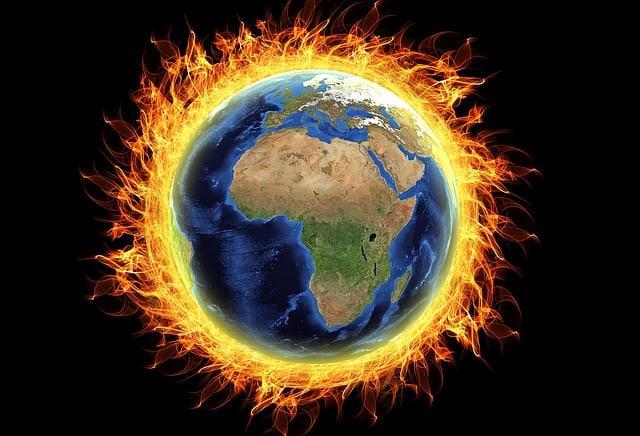
Without emission cuts world will cross 2 degrees celsius again: Emissions Gap Report
The report calls for “immediate, accelerated and relentless mitigation action” to bring down global GHG emissions which set a new record of 57.4 gigatons of CO2 equivalent (GtCO2e) in 2022.
Debdatta Chakraborty
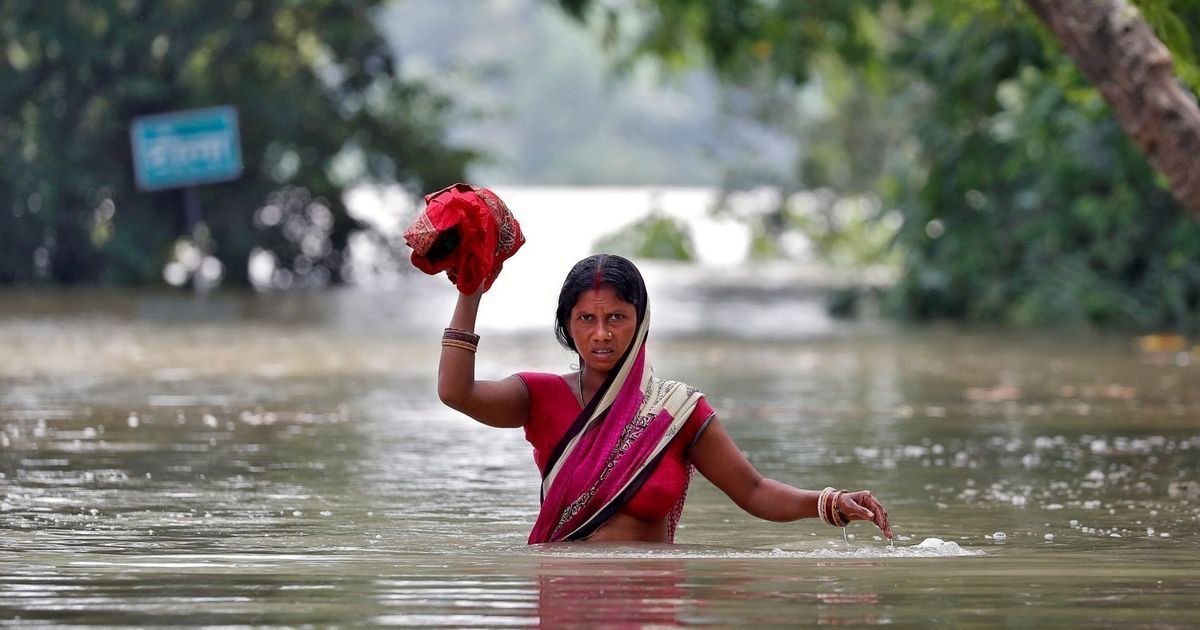
Monsoon 2023 ends with below-normal rains, climate change fuels erratic weather
Monsoon 2023 ended with below normal rains to the tune of 6%, courtesy the building El Nino in the Pacific Ocean. Climate change continues to impact spatial variability, which can cause more droughts or floods, posing water and food security challenges.
Kartiki Negi
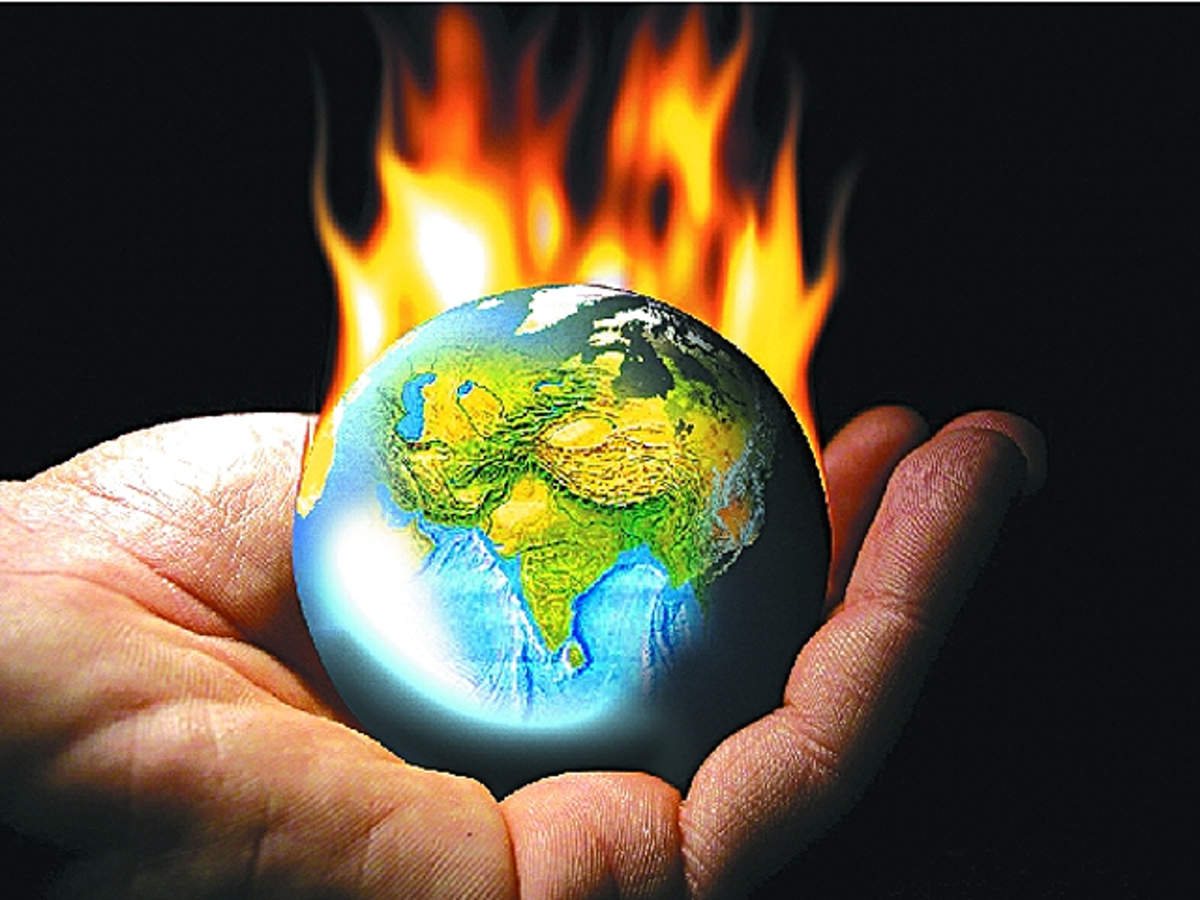
Heat records shattered globally as Earth warms faster: Reports
July 3, 2023 was declared as the hottest day globally ever recorded, while June 2023 became the hottest month across the planet, with abnormally high temperatures recorded on both land and sea.
Editorial Team

As fish numbers decline in Chennai, how can we consume seafood sustainably
Fishing communities, restaurateurs, and researchers agree on the need for alternative ways to consume seafood to limit further stress on marine life. This is the concluding part of CarbonImpacts’s 2-part series on exploring solutions for sustainable food consumption patterns.
Priyanka Thirumurthy
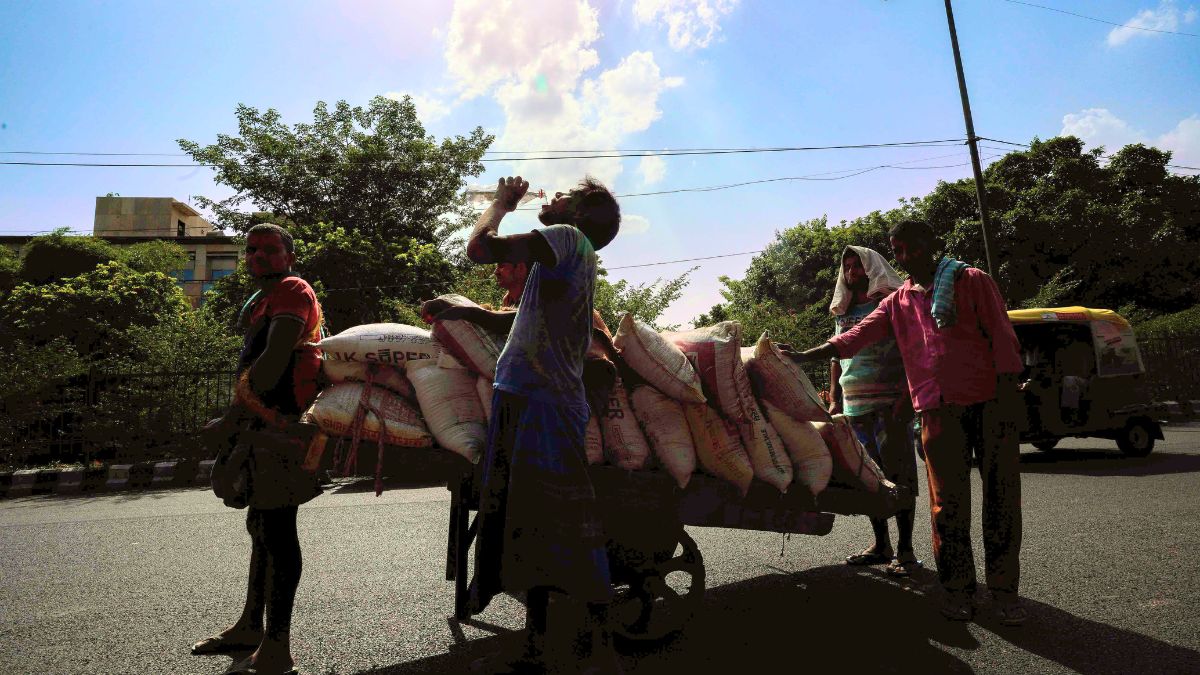
Fatal heatwave in Uttar Pradesh linked to climate change: Analysis
New analysis shows that the extreme heat event in Uttar Pradesh in June this year was made at least two times more likely by human-caused climate change
Editorial Team
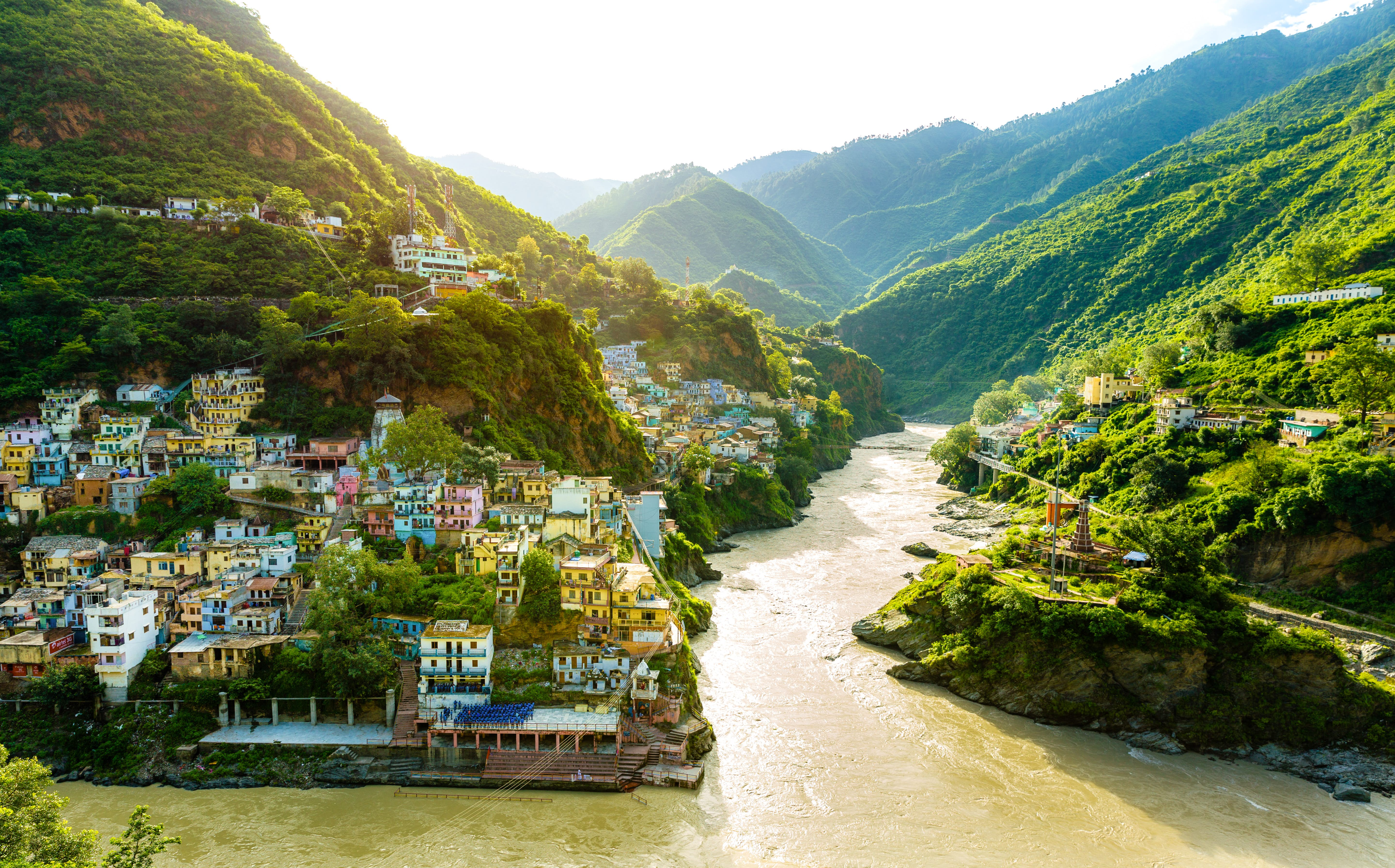
How Uttarakhand fared in a decade after devastating Kedarnath floods in 2013
Given the fragile nature of Himalayan mountains amidst changing climatic conditions, extreme weather events have only increased in the last 10 years across the state.
Editorial Team

Over 600 mn people in India would be exposed to dangerous heat at 2.7°C global warming: Study
Assuming a future population of 9.5 billion people, India would have the greatest population, more than 600 million, exposed at 2.7°C global warming. At 1.5°C, this figure would be far lower, at about 90 million.
Editorial Team

Climate change made Asia humid heatwave at least 30 times more likely: WWA Study
Climate change has made humid heatwaves over India and Bangladesh 30 times more likely in mid-April 2023, according to the latest study released by the World Weather Attribution (WWA). Meanwhile, humid heatwave spells over Thailand and Lao People's Democratic Republic during the same period, would have been ‘virtually impossible’ without human-induced climate change.
Editorial Team
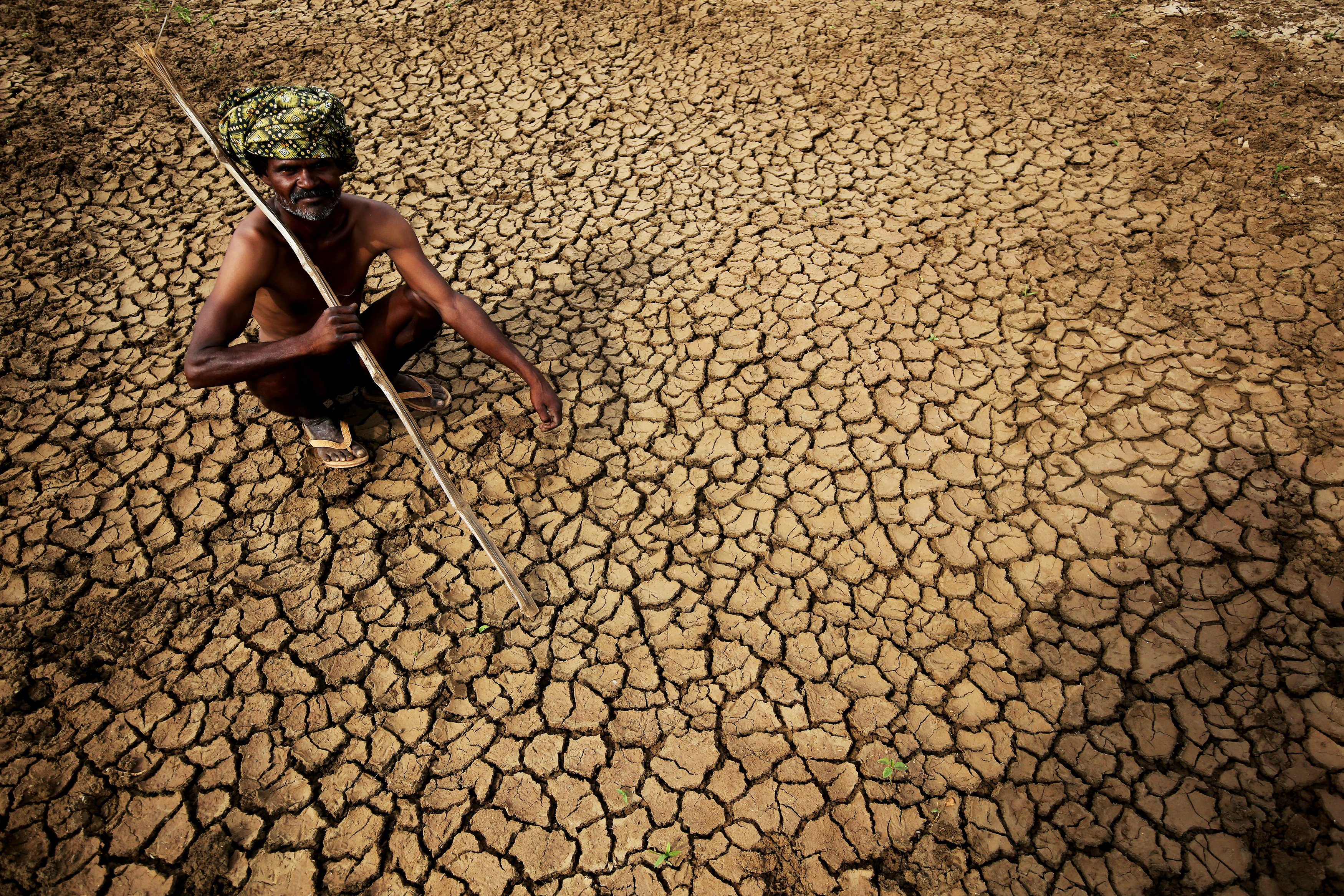
India's Sustainability Goals At Risk Because Of Extreme Heat
A new study suggests that climate change-induced heatwaves in India can hinder or reverse the country’s progress in fulfilling the sustainable development goals (SDGs)
Editorial Team
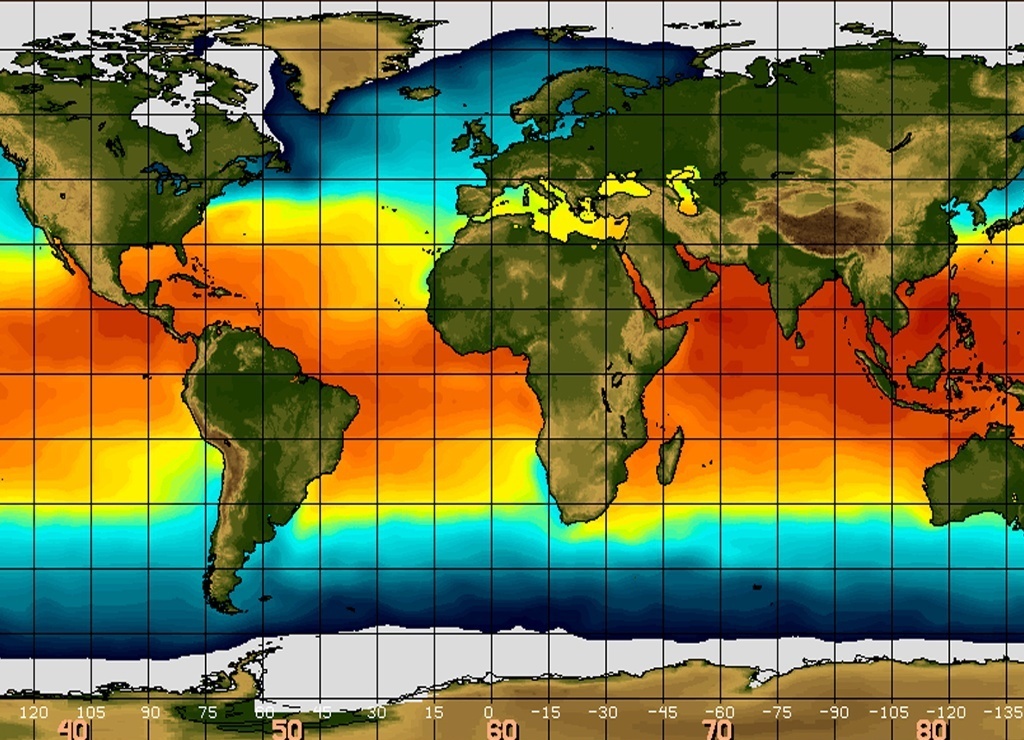
Longest La Niña of decade ends, El Niño on its way
After staying put for three consecutive years, the triple-dip La Niña conditions finally came to an end officially. The oceanic temperatures have been increasing consistently indicating the return of El Niño conditions.
Editorial Team
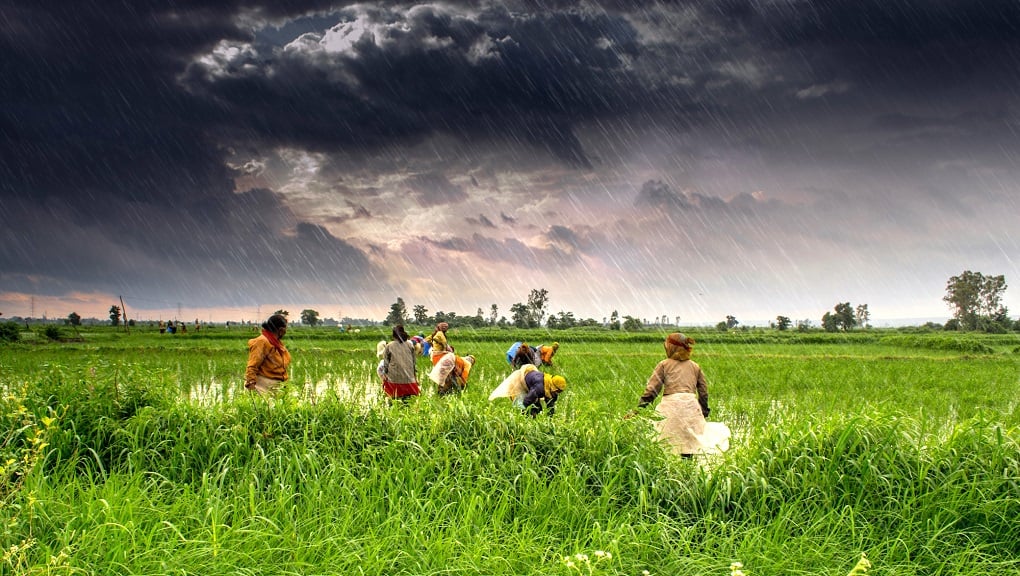
Act Now Or It Is Too Late: IPCC Synthesis Report Gives Final warning on Climate Crisis
The report said exceeding 1.5°C warming limit would lead to irreversible impacts for glaciers, extreme heat stress in tropics, which will impact those who have been least responsible for global warming.
Editorial Team
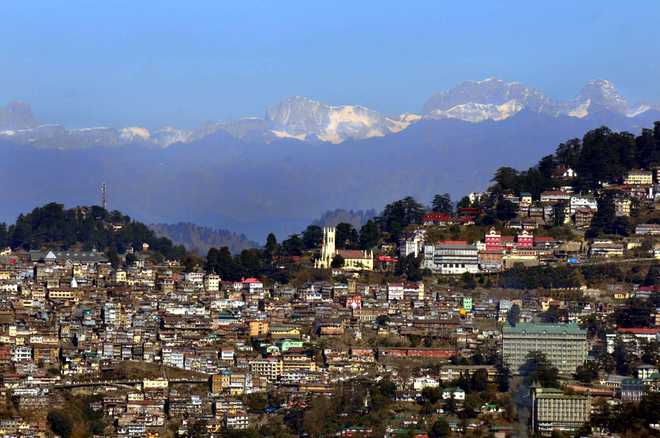
The impact of changing patterns of Western Disturbances and La Niña on warmer winters
According to meteorologists, the anomaly in the temperatures and rainfall is the result of alterations in the weather patterns. The intensity as well as frequency of Western Disturbances have been on the lower side this winter season.
Kartiki Negi
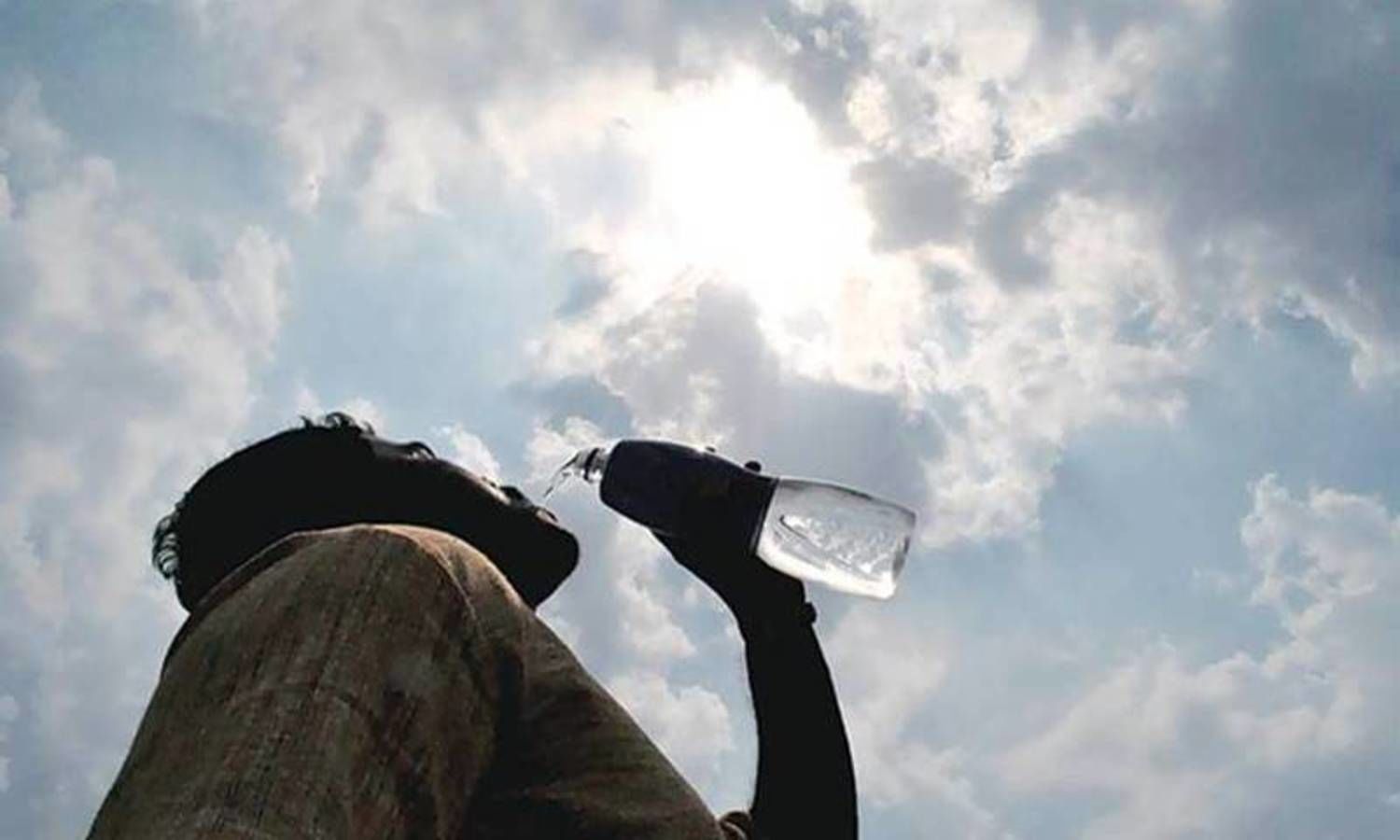
Hottest February shatters record, India gears up for intense heatwaves ahead
India witnessed the hottest February since 1901, with average maximum temperature peaking at 29.54°C. March to follow similar trend, with mercury to continue settle above normal.
Editorial Team
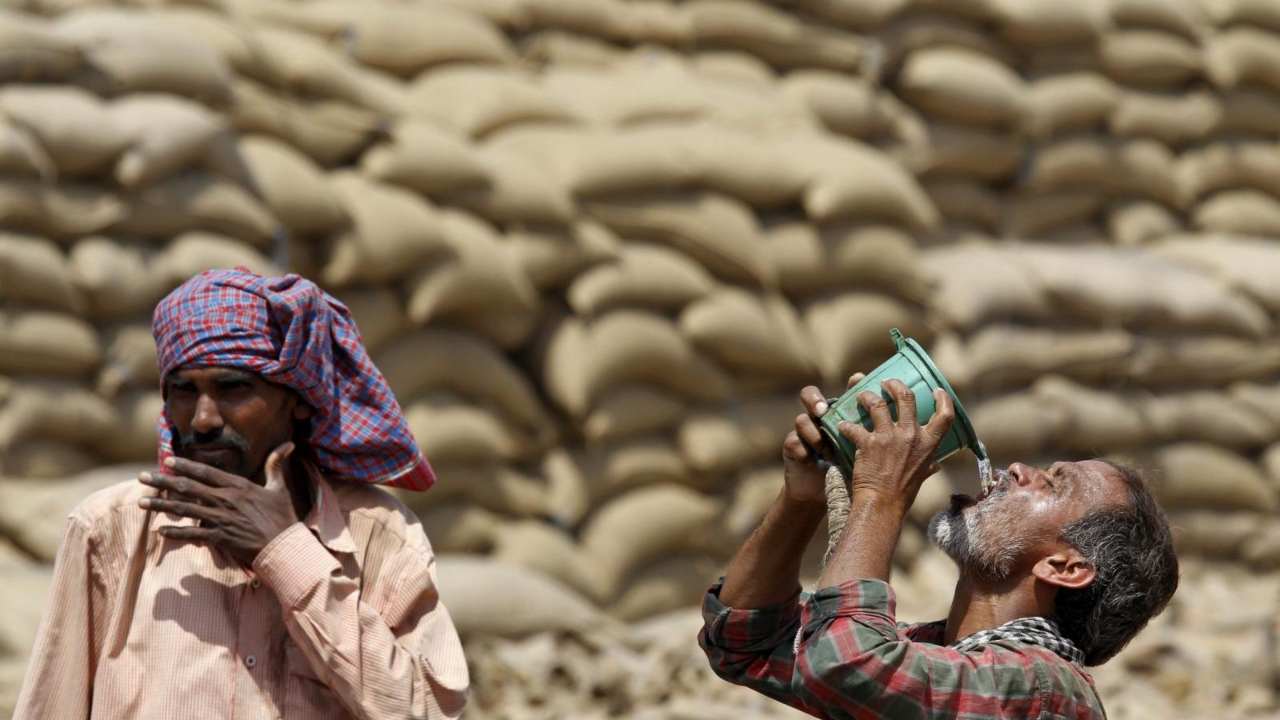
Climate Change: Heat builds up across Northwest India, major threat to wheat crop
Absence of Western Disturbances have paved way for the early warming, indicating a repeat of what we experienced in 2022 across large parts of the country. With this, India is once again likely to miss the spring season.
Editorial Team

Joshimath subsidence demonstrates risks of unplanned, rampant development in fragile areas: Experts
NTPC in particular has been called out for its unchecked development in vulnerable areas exacerbating the impacts of climate change, which is a force multiplier. Joshimath is a clear example of what should not be done in the Himalayas, say experts
Editorial Team

How Climate Change exacerbates rural India's debt burden
Ongoing shifts in rainfall and temperature under climate change are likely to increase the debt burden on rural households, particularly those in dry areas and belonging to marginalised groups, finds the study
Editorial Team

Climate Adaptation: We need novel solutions to protect our safety net for the future
To quantify the role of climate change, attribution scientists estimate the likelihood of these extreme events using models that simulate how the climate would have been if humans hadn’t released large amounts of carbon dioxide into the atmosphere.
Editorial Team
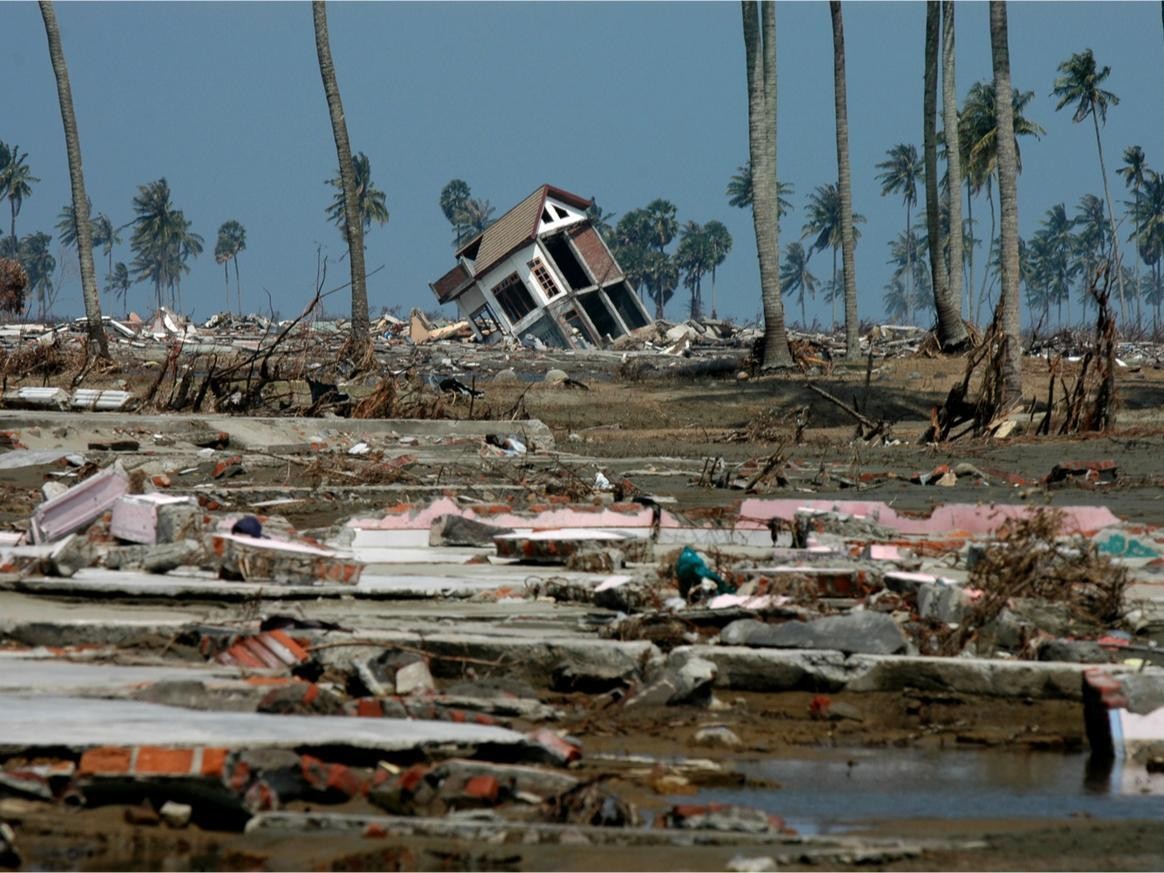
South Asian Experts Raise Pitch For Loss and Damage to be Part of COP27 Agenda
Extreme weather events across the globe reflect an urgent need to include loss and damage in the upcoming COP27 agenda, the absence of which will render the conference futile, say experts
Editorial Team

India’s solar, wind energy production to dip due to climate change: Study
In the solar potential regional analysis, future projections predict a shift in the frequency of solar radiation in the negative direction, implying that solar energy production will decrease in the immediate future.
Editorial Team
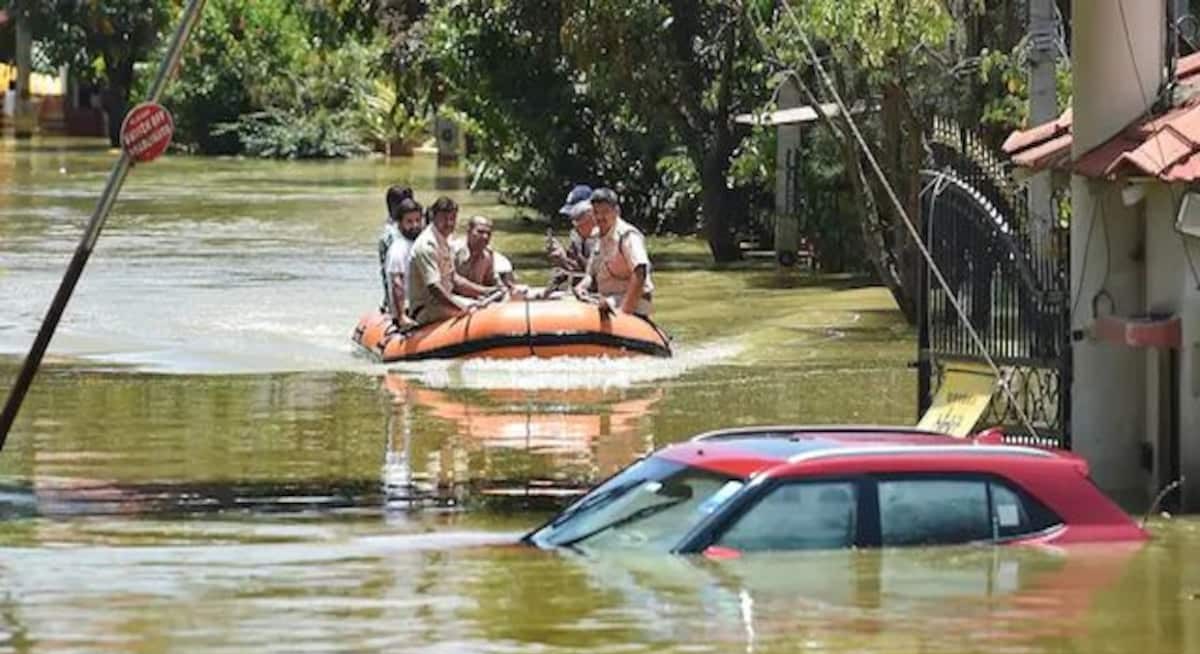
What Bengaluru floods 2022 taught us about increasing threat of urban flooding in India
Bengaluru rains were a result of change in Monsoon trends that have of late become unpredictable and complex. However, meteorologists claim that extremely heavy rainfall cannot be blamed alone and that it was the city's bad urban planning that led to such a grave situation.
Kartiki Negi

Climate impact: 48 million Indians at risk of zinc deficiency by 2050
138 million people are globally expected to be affected by zinc deficiency by 2030, most of them to be likely from African and South Asian countries, with nearly 48 million residing in India alone.
Editorial Team
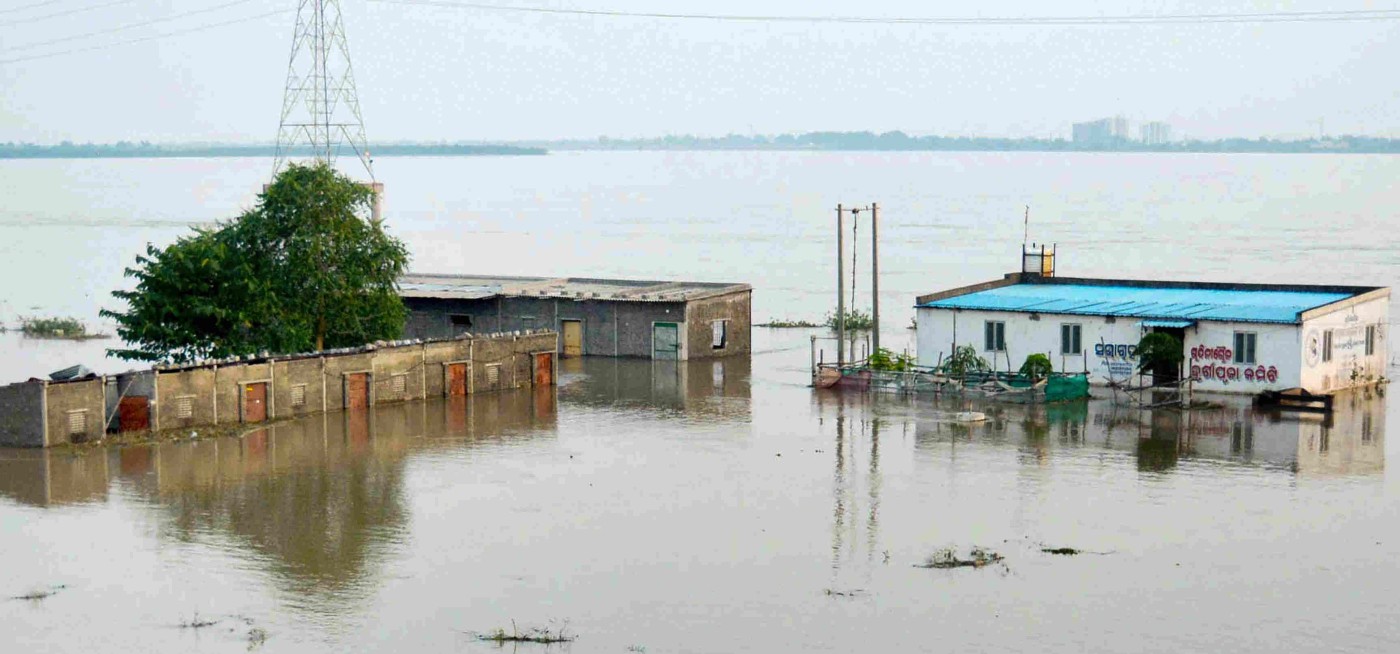
Extreme events to be new normal in the Indian Subcontinent
Meteorologists are citing concerns over changes in the track of Monsoon weather systems across the country. The trend has become more and more visible in the last 4-5 years, with the 2022 season being the latest one. In fact, recent Pakistan floods have also been attributed to this change.
Editorial Desk
